Understanding the Complexity of Chess
Chess is often regarded as a pinnacle of strategic entertainment, a mind-bending blend of art and science that challenges even the most brilliant minds. Its reputation for difficulty isn't unearned; chess demands a deep understanding of strategies, a strong memory, and the ability to think several moves ahead. This article delves into the myriad factors that contribute to chess's renowned complexity and challenging nature.
The Historical Perspective
Chess has evolved over centuries from its origins in India, around the 6th century AD. Its development through different cultures and eras has seen a proliferation of varying rules and styles of play, culminating in the standardized game known today. This historical richness adds layers of strategic depth and sophistication, making mastery a lifelong pursuit for many players.
Intrinsic Elements of Difficulty
Several intrinsic elements of chess contribute to its difficulty. First is the sheer number of possible moves. With each player having 16 pieces at the start and a board of 64 squares, the game opens up a vast array of possible positions and maneuvers. This leads to what is known in chess as the combinatorial explosion, where the number of potential games far exceeds the number of atoms in the observable universe.
Strategic and Tactical Depth
Chess requires not just foresight in planning but also a strategic understanding of positioning and control. Strategic skills involve the long-term positioning of pieces, controlling vital areas of the board, and understanding particular setups and configurations. Tactically, players must be adept at recognizing patterns and opportunities for immediate action, such as forks, pins, and discovered attacks. This dual demand of strategic depth and tactical sharpness makes finding the optimal move challenging.
Psychological Elements
Chess is not just a battle of pieces on a board but also a psychological duel between opponents. Players often try to outsmart each other through complex strategies or even through psychological warfare, attempting to unsettle or outwit their opponent. Some games might involve deceptive tactics that aim to lead an opponent into a trap or flawed plan. This psychological aspect deepens the game's complexity and difficulty.
Memory and Pattern Recognition
Top players often memorize thousands of opening variations, middle games, and endgame positions. Memory plays a crucial role in recognizing patterns on the board that recall previously studied positions or strategies. The ability to quickly recognize patterns and recall the best responses or developments from those patterns is key to high-level play.
The Role of Intuition and Creativity
Despite the deep reliance on memory and pattern recognition, chess also requires a substantial amount of intuition and creativity. This is especially true in complex or unprecedented positions where bookish knowledge may fall short. Innovating a unique strategy or an unexpected move can turn the tide in a seemingly predictable game, adding another layer of complexity and difficulty.
Perseverance and Resilience in Learning
Mastering chess can take years, if not decades, of dedicated study and practice. As players ascend through different levels of skill, they encounter increasingly refined and sophisticated opponents who test their limits and force continuous learning and adaptation. The resilience to learn from defeats and perseverance in refining strategies is crucial to overcoming the game's steep learning curve.
Conclusion
The difficulty of chess lies in its complexity and the intellectual demands it places on its players. From the vast combination of possible moves to the strategic and psychological warfare it involves, chess is a challenging endeavor that can stimulate and frustrate in equal measure. Its enduring appeal across centuries testifies to its depth and the ongoing human fascination with mastering this ancient, beautiful game.
Explore our large collection of luxurious chess sets!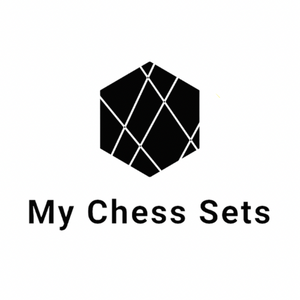
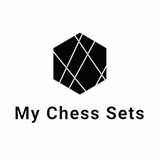


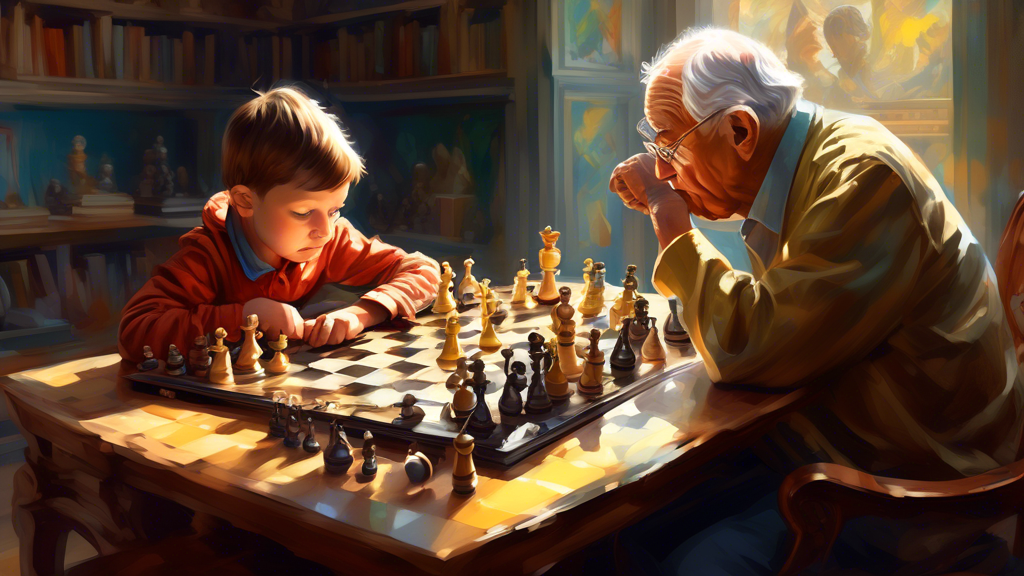
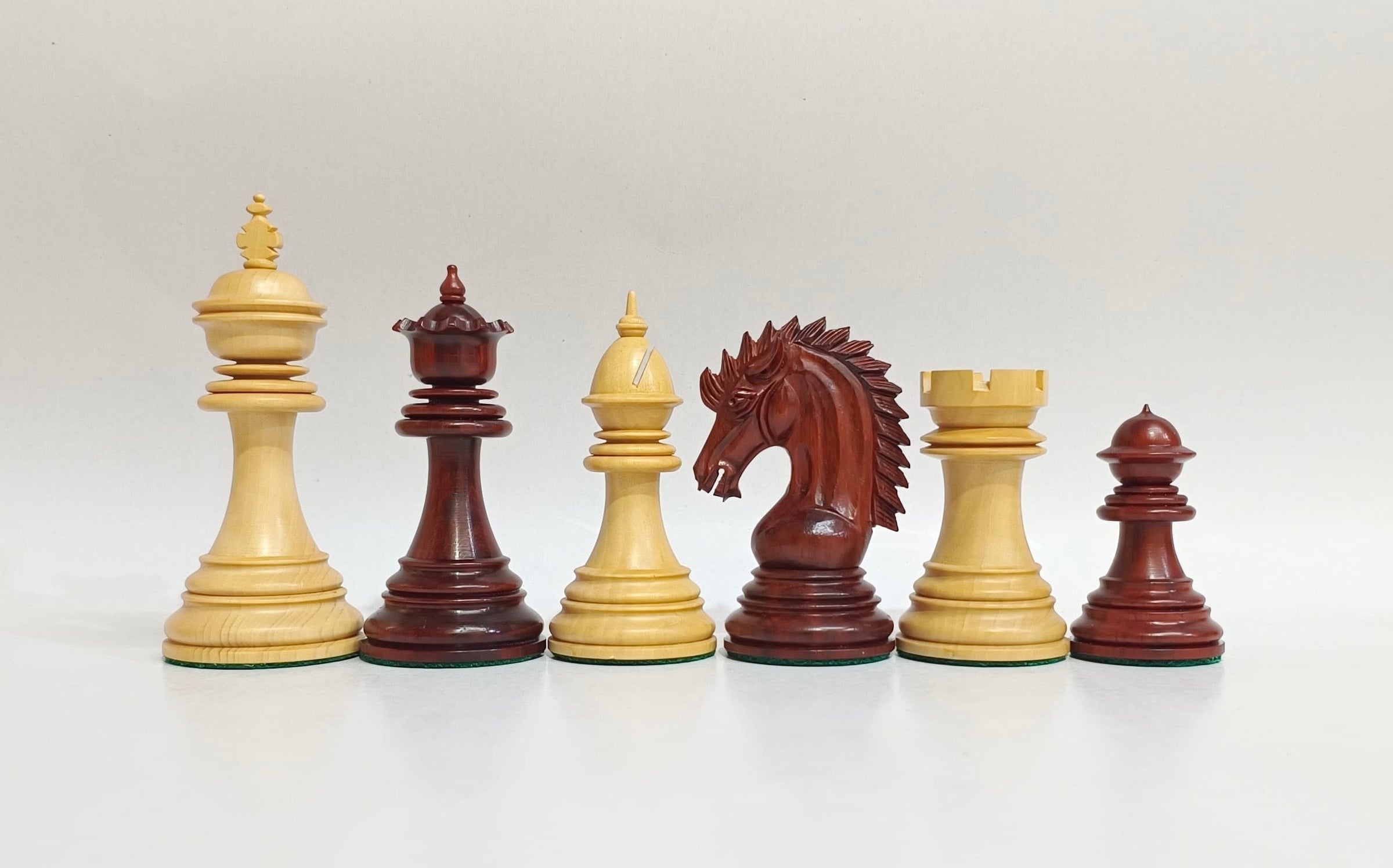
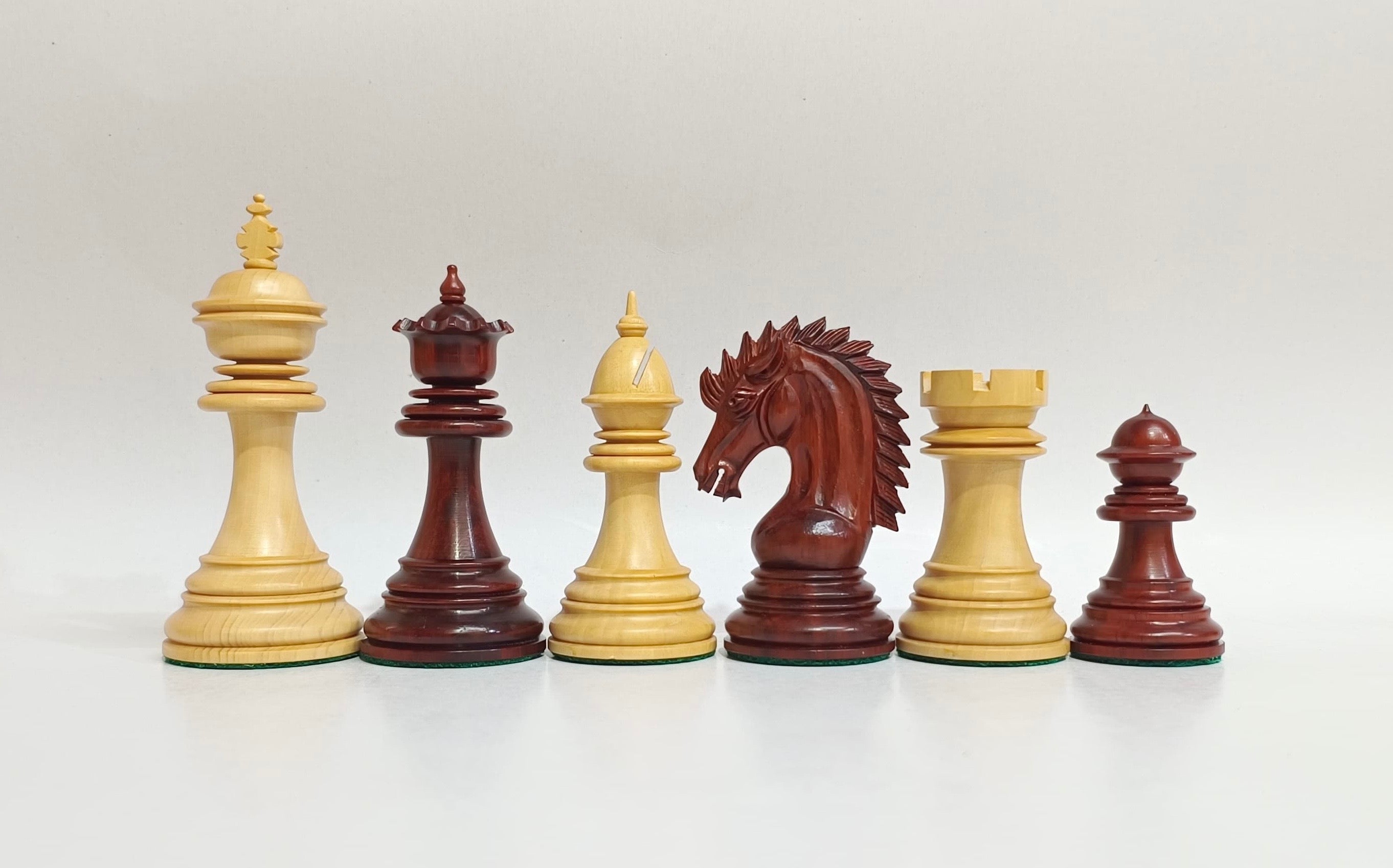
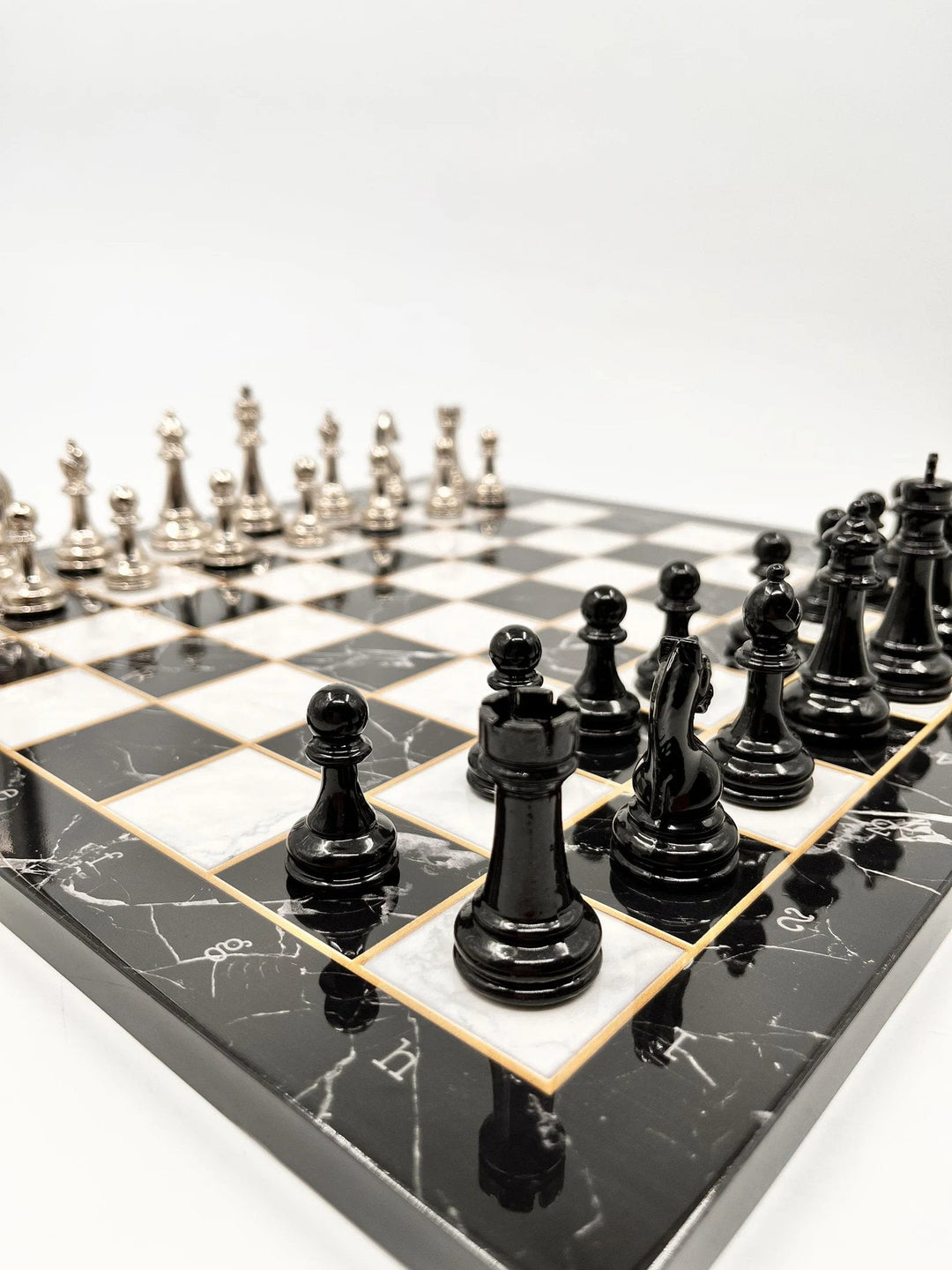

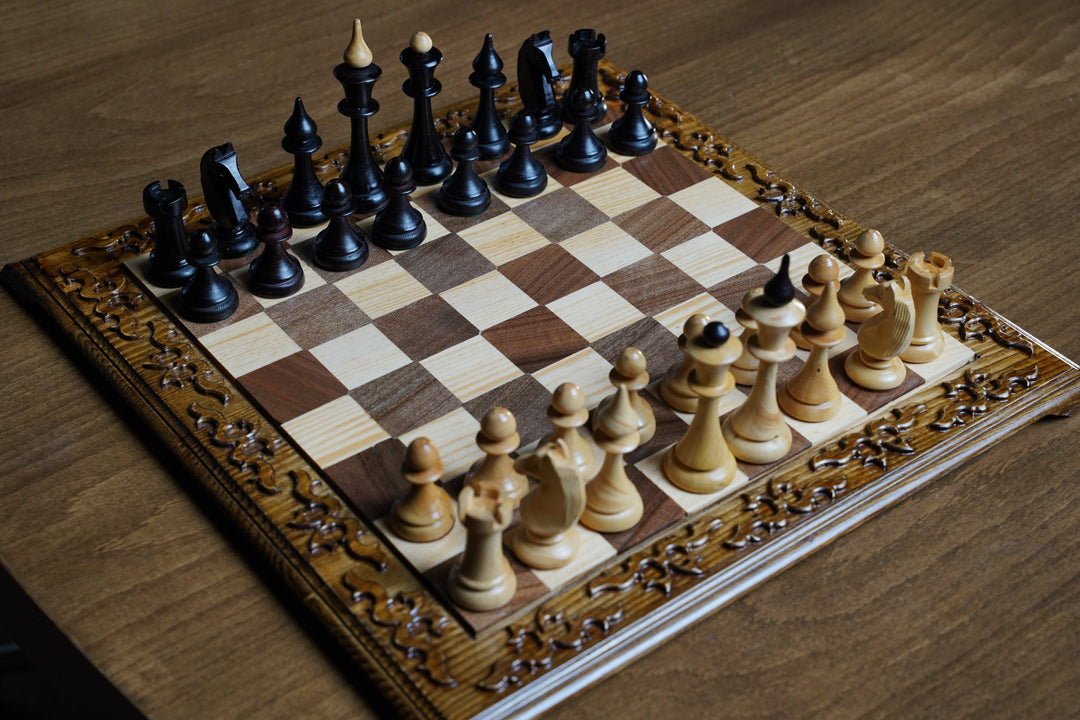
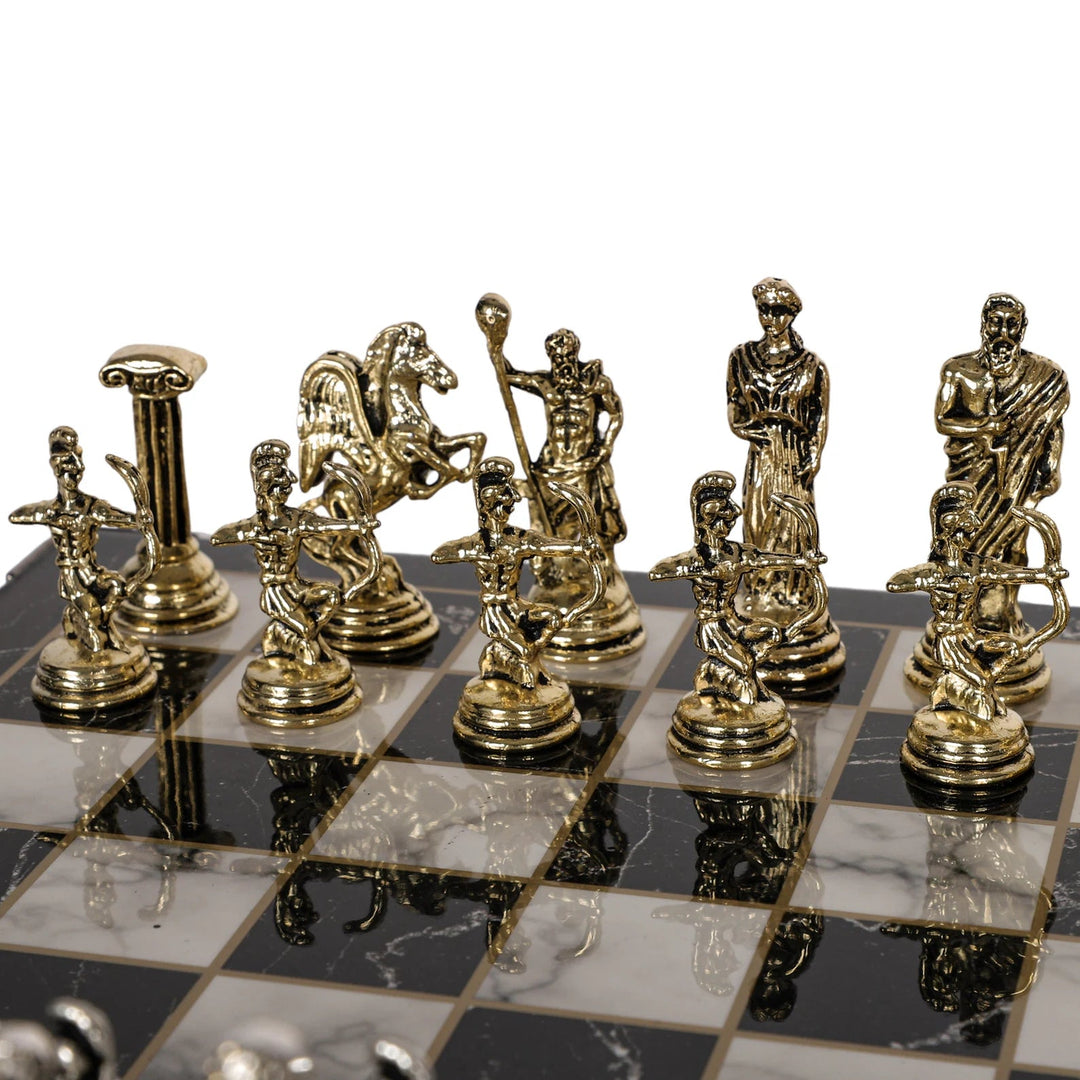
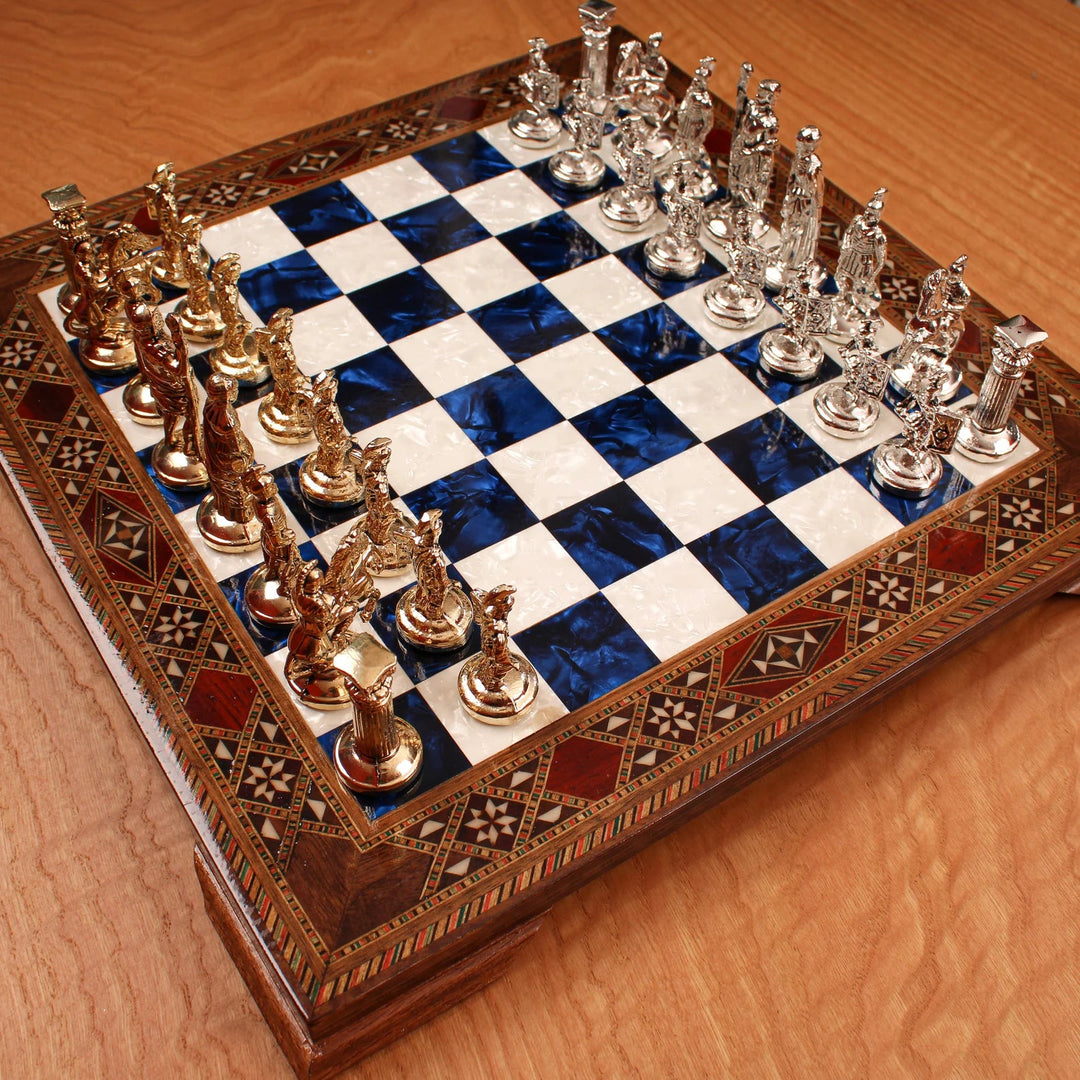
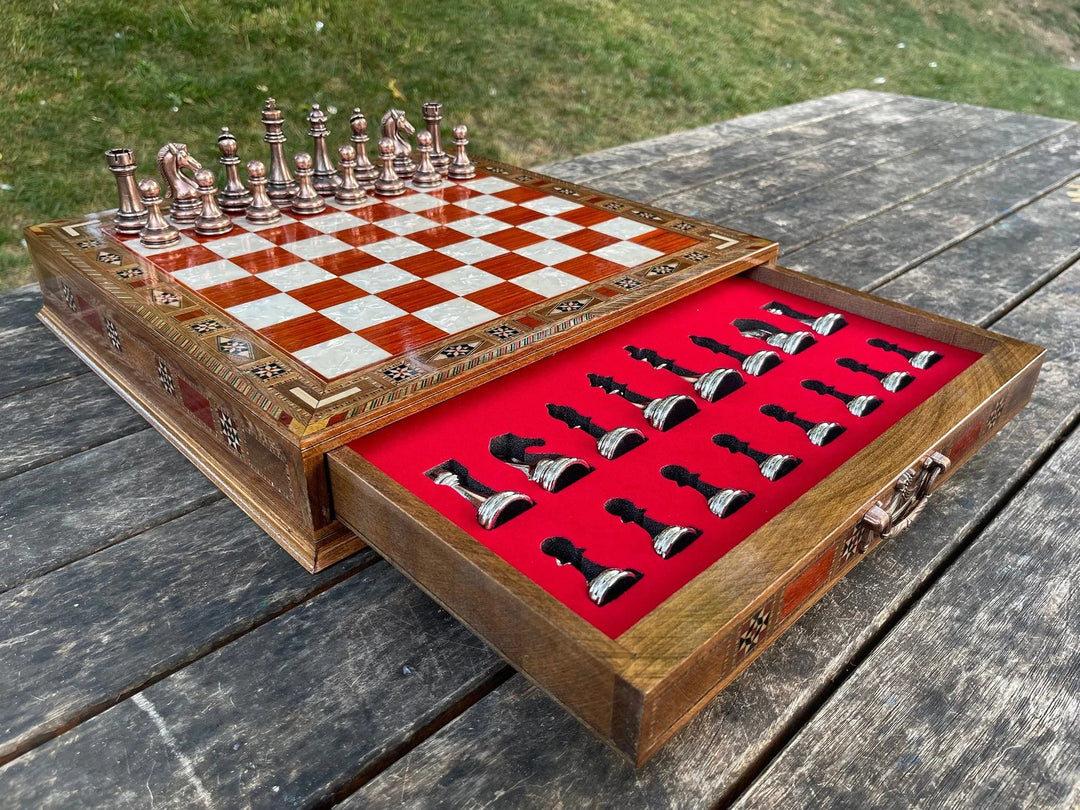
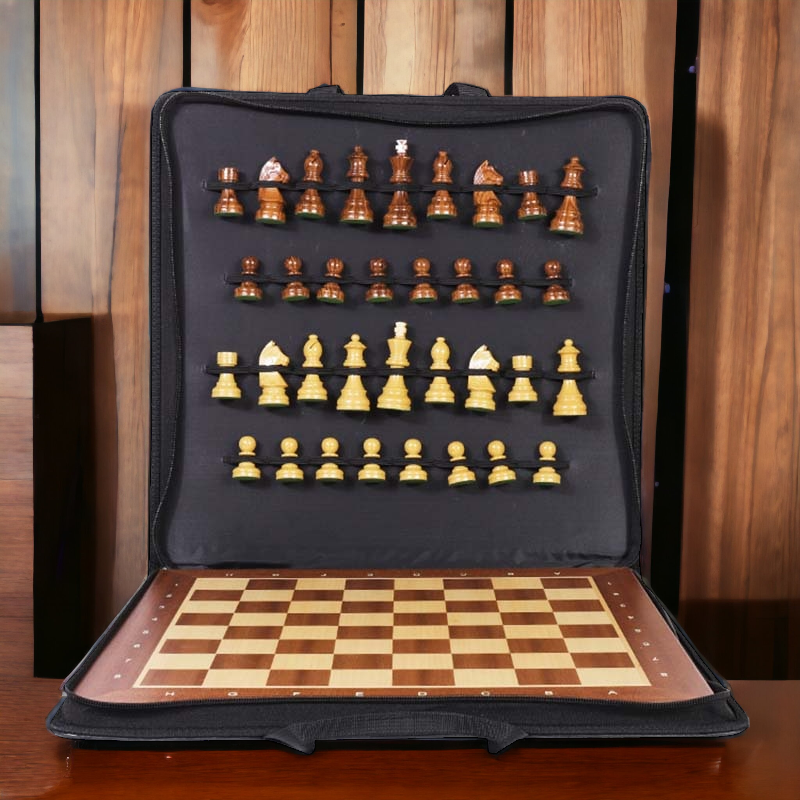

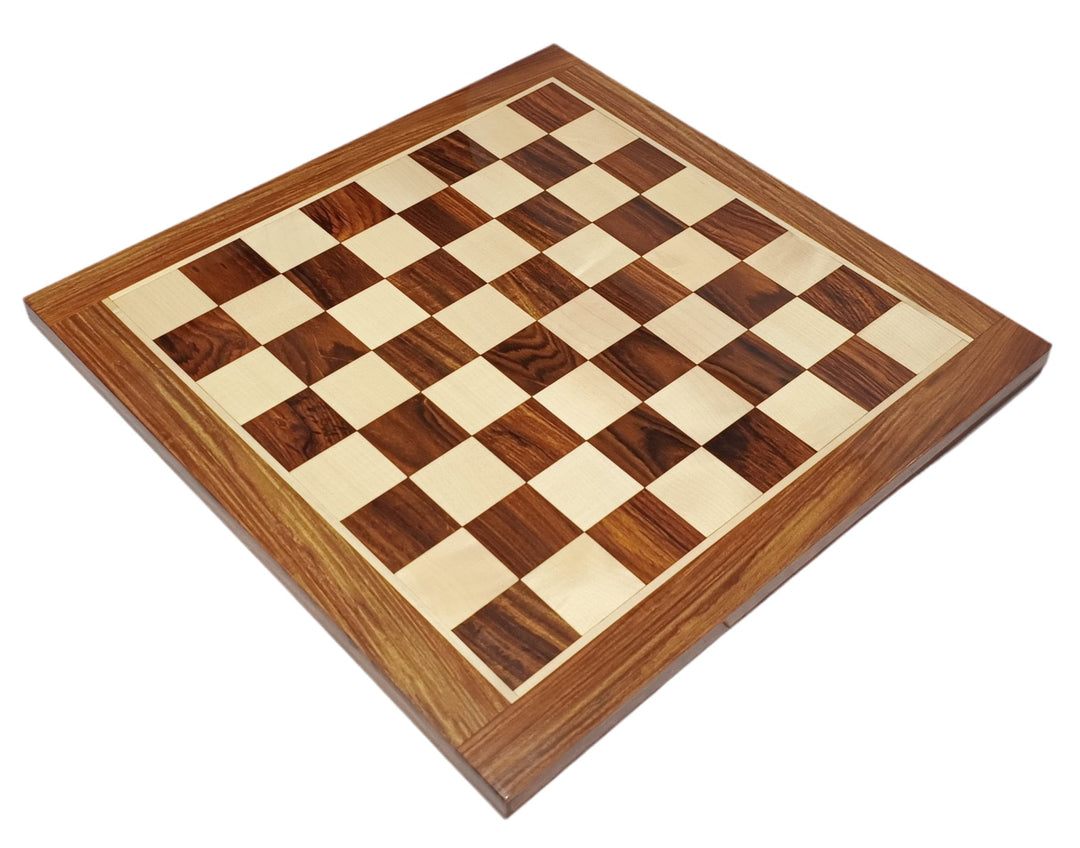

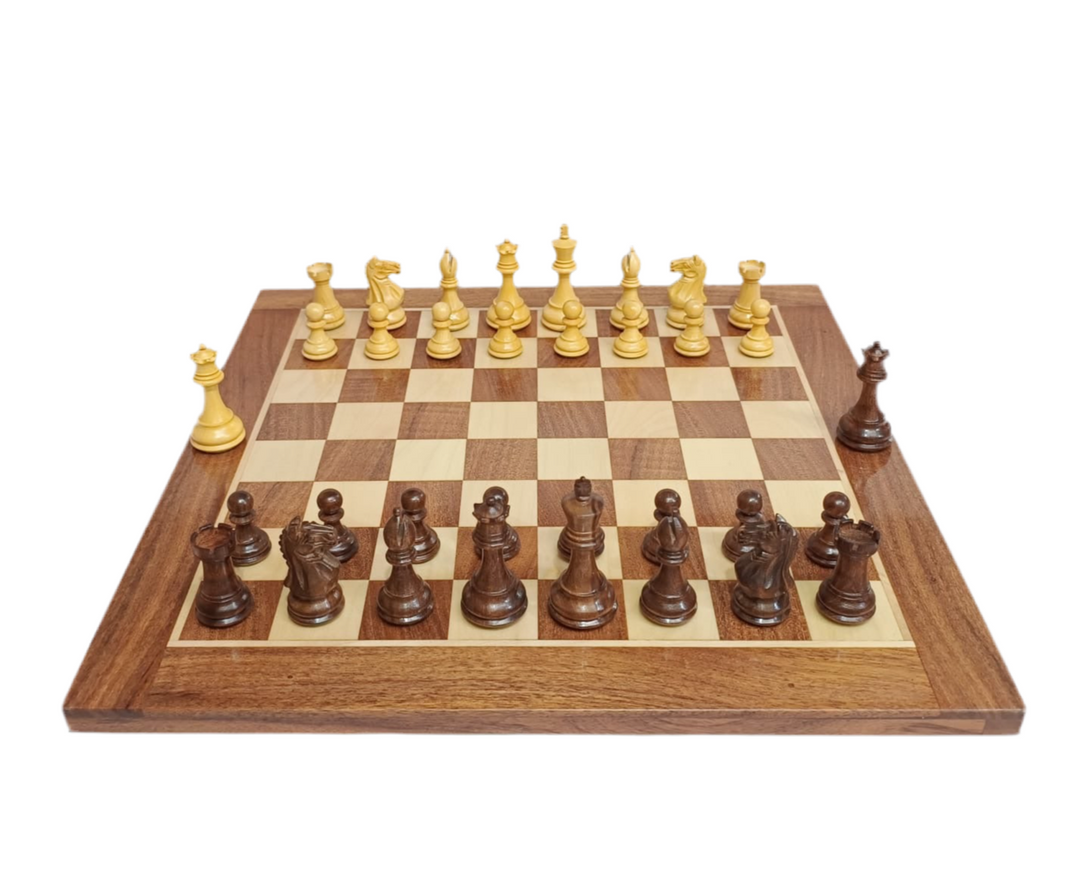
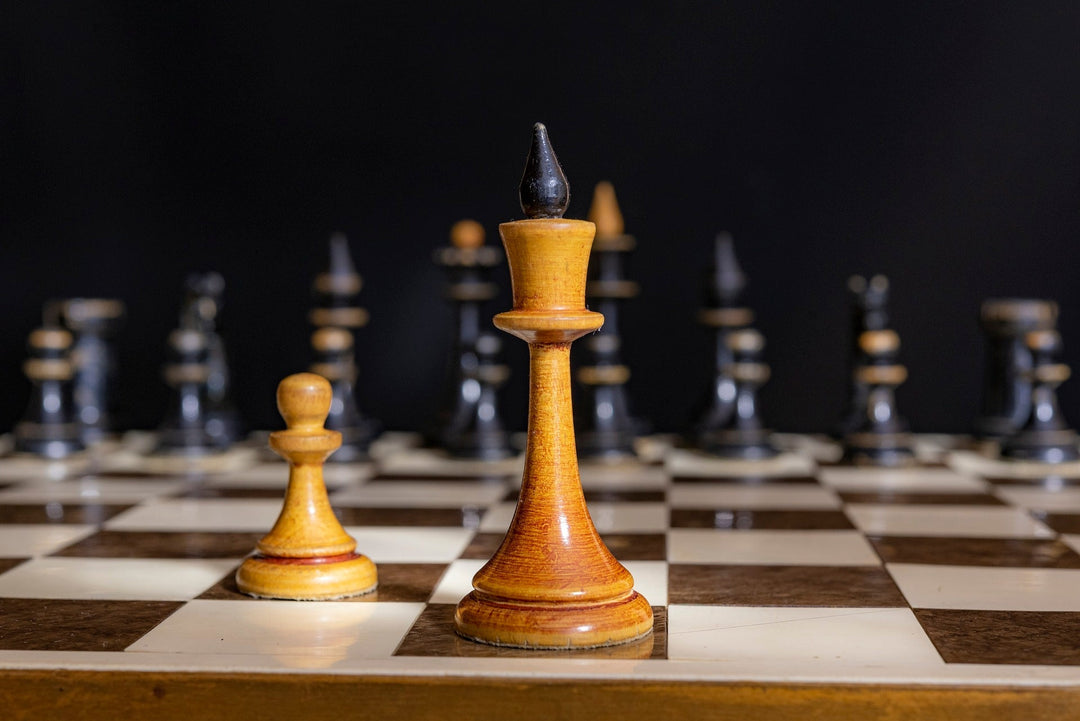
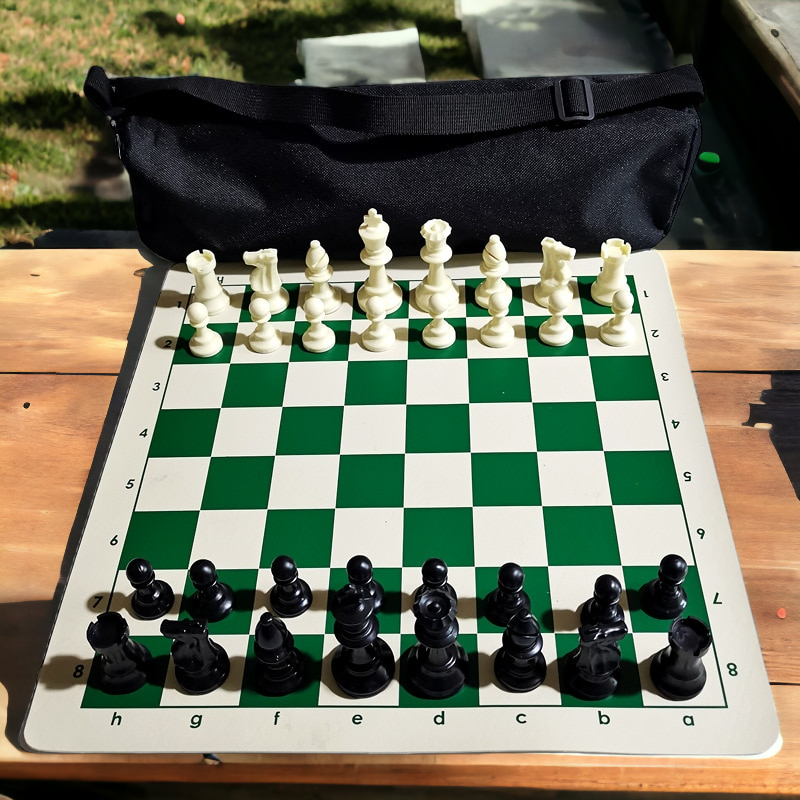
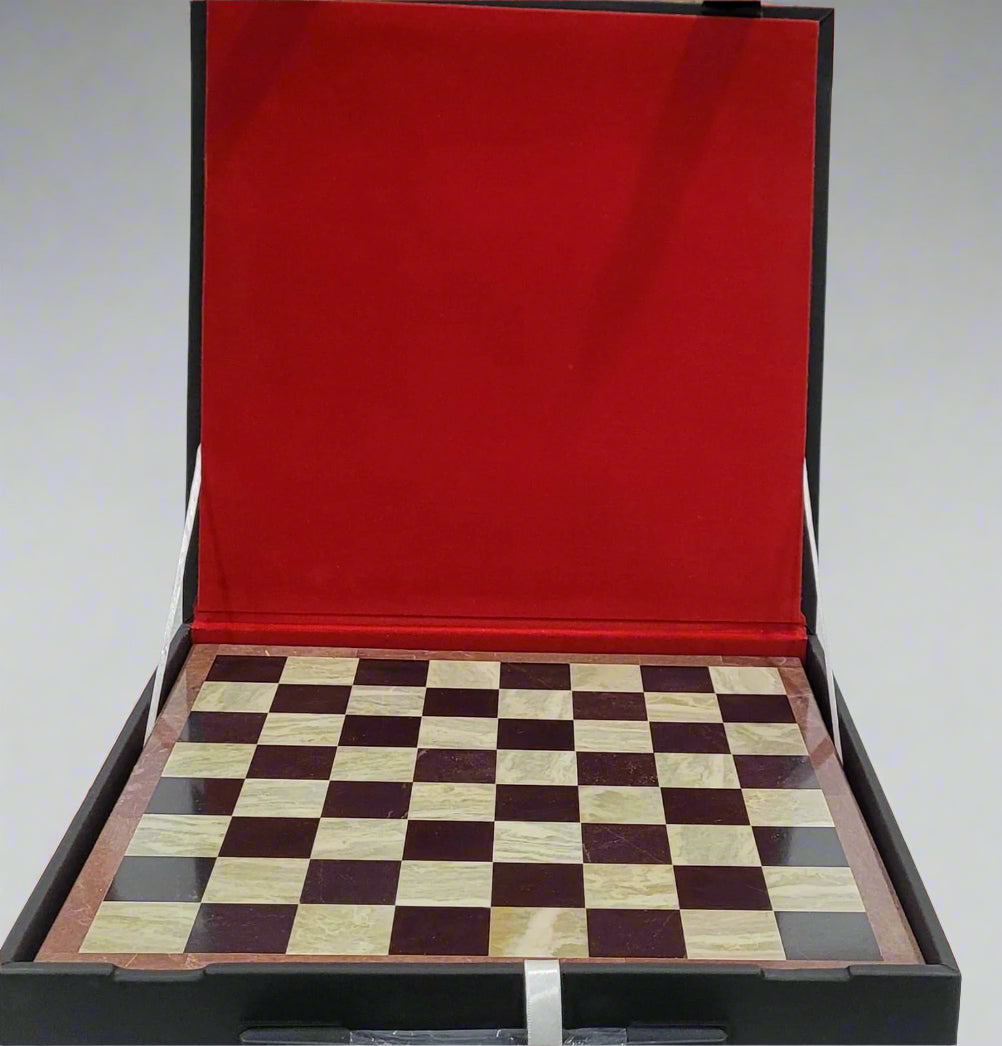
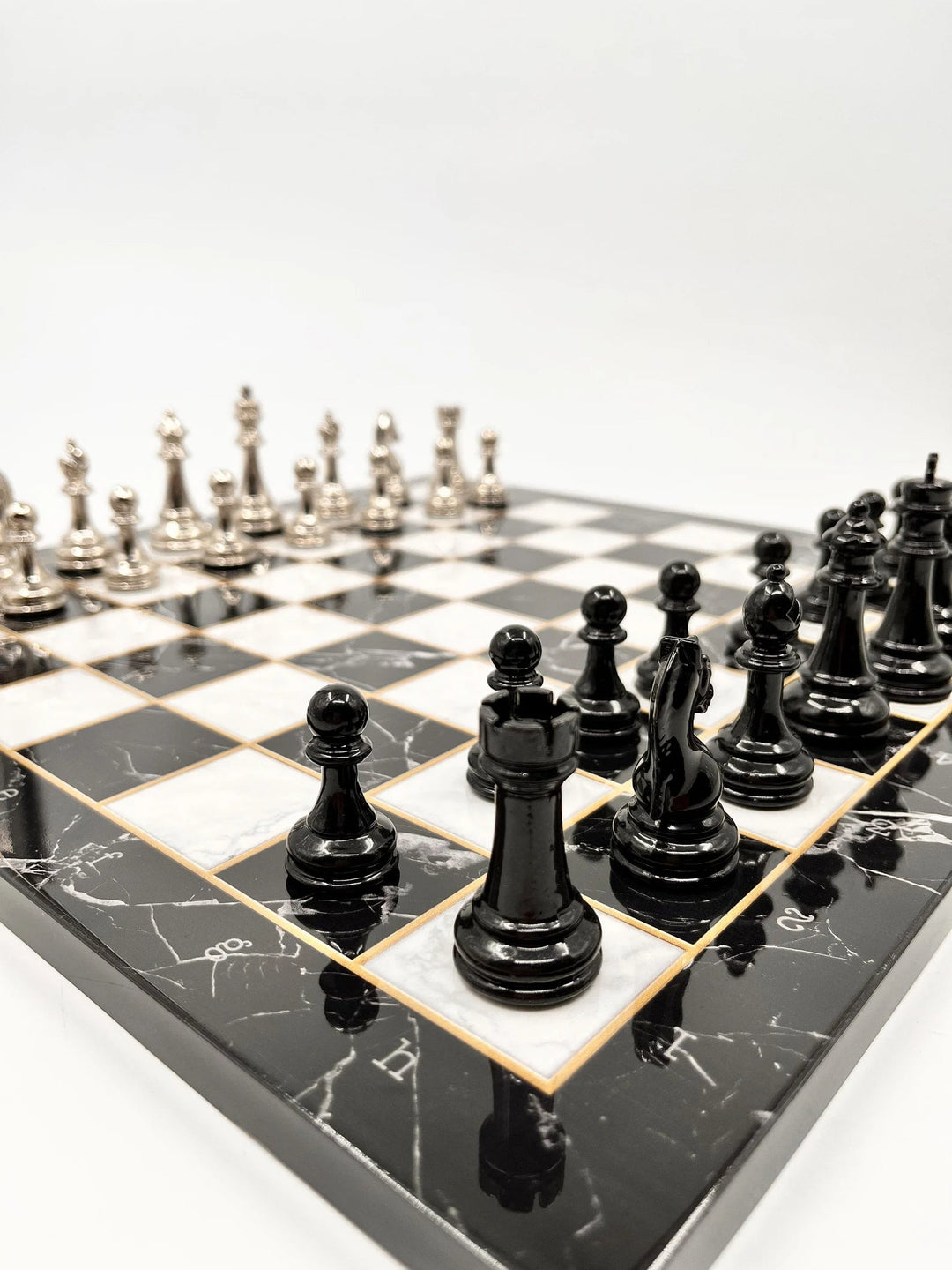
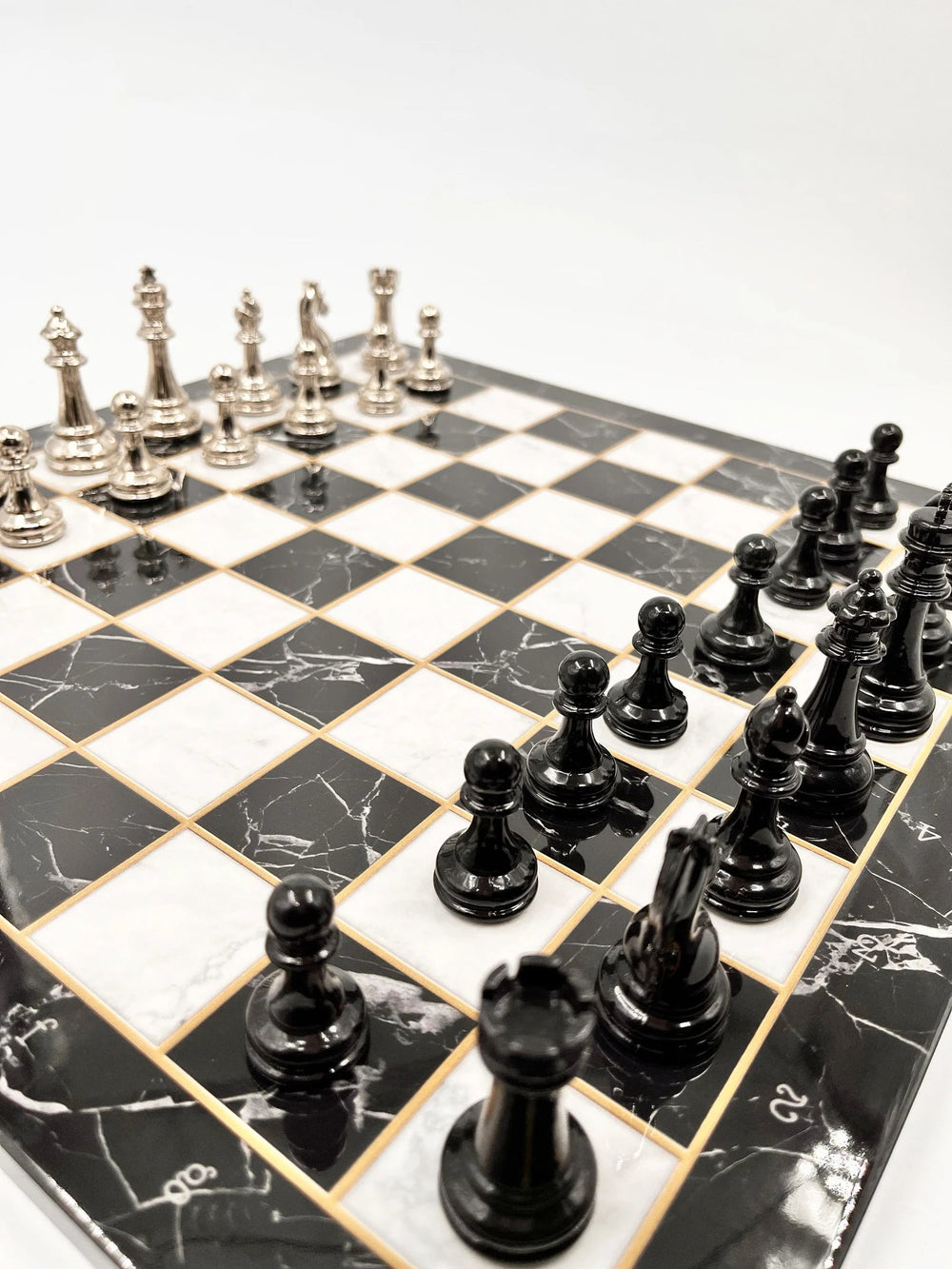
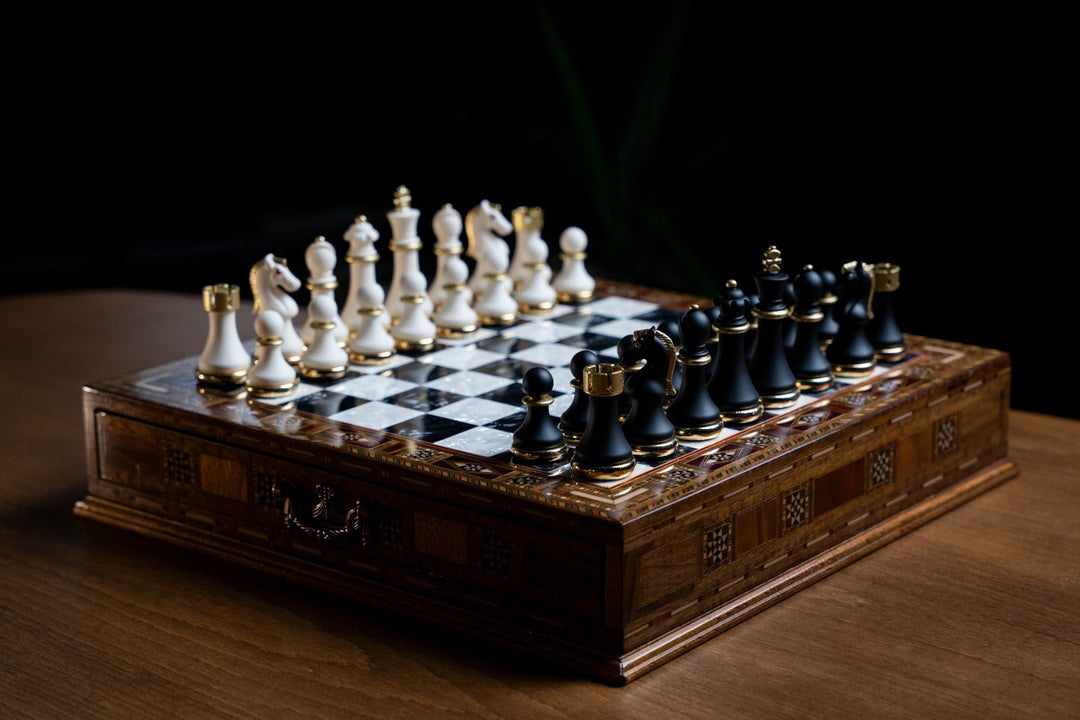
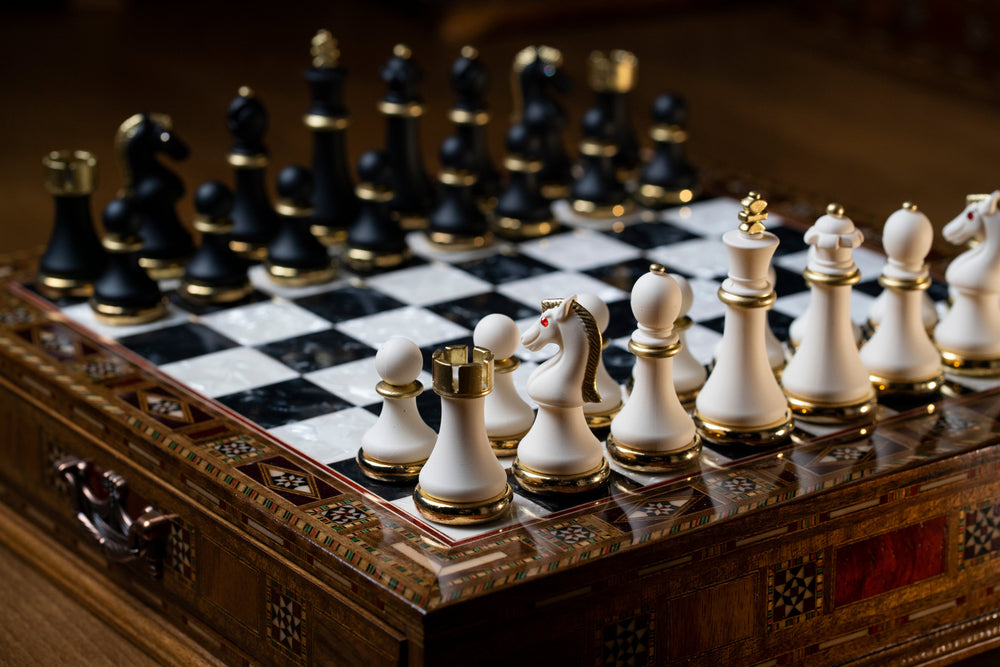
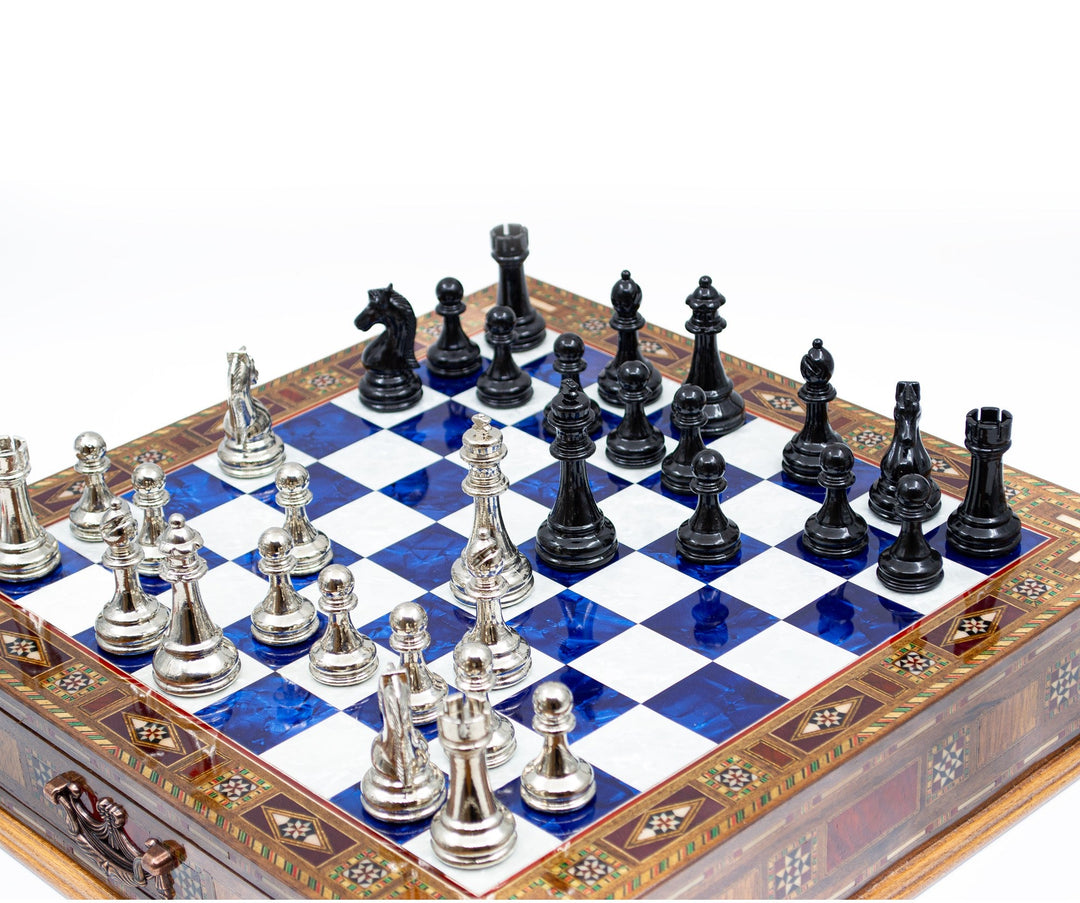
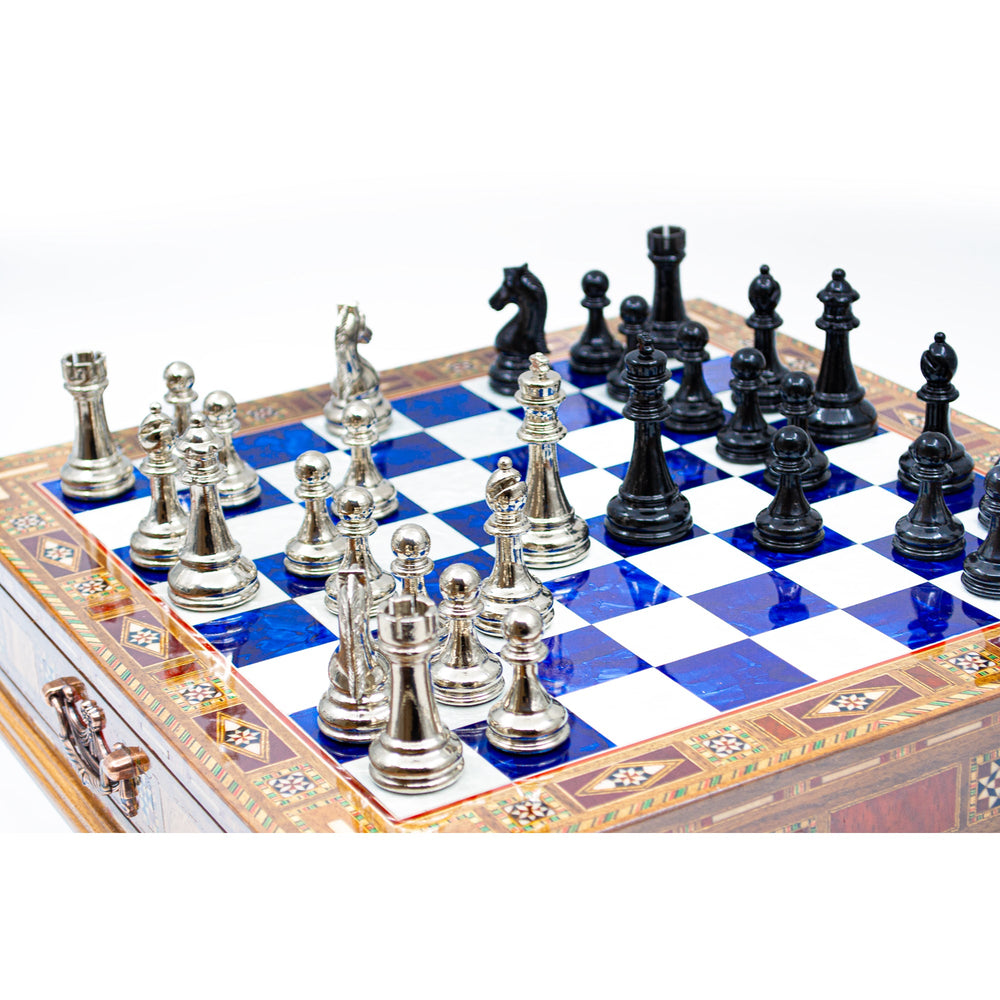
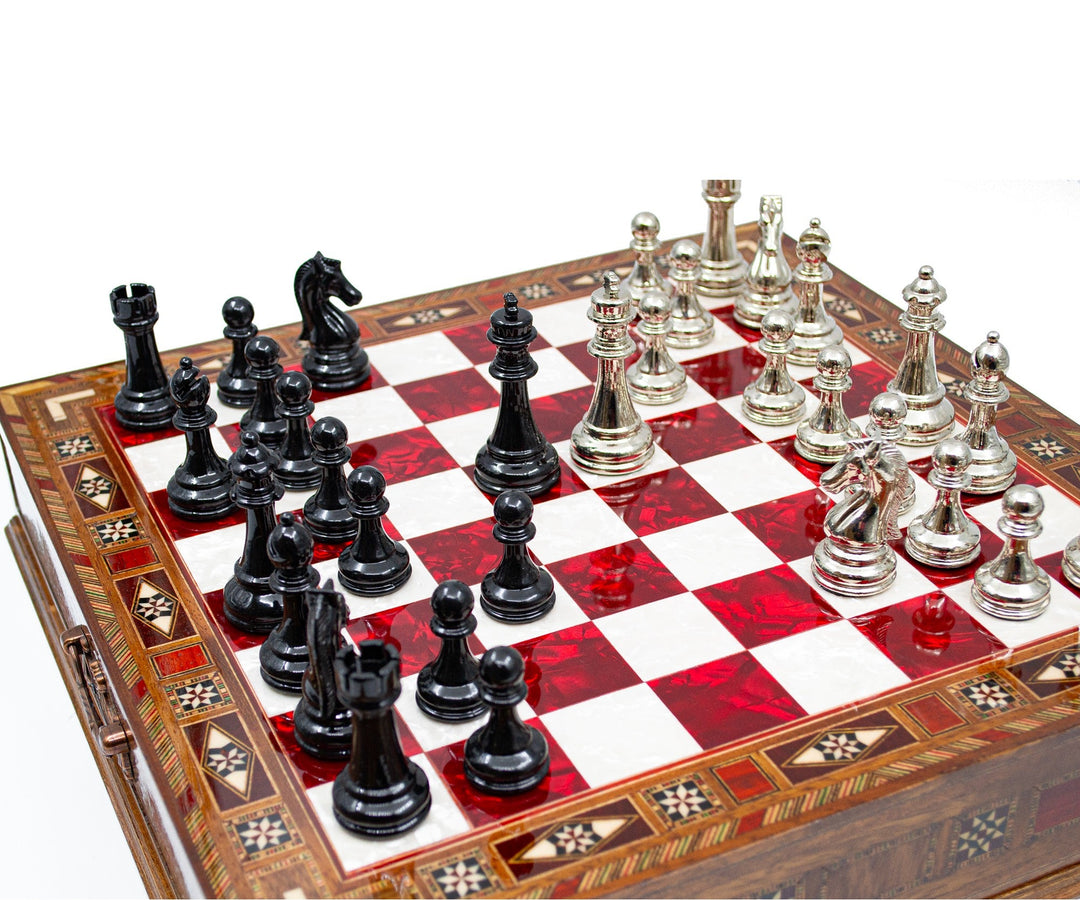
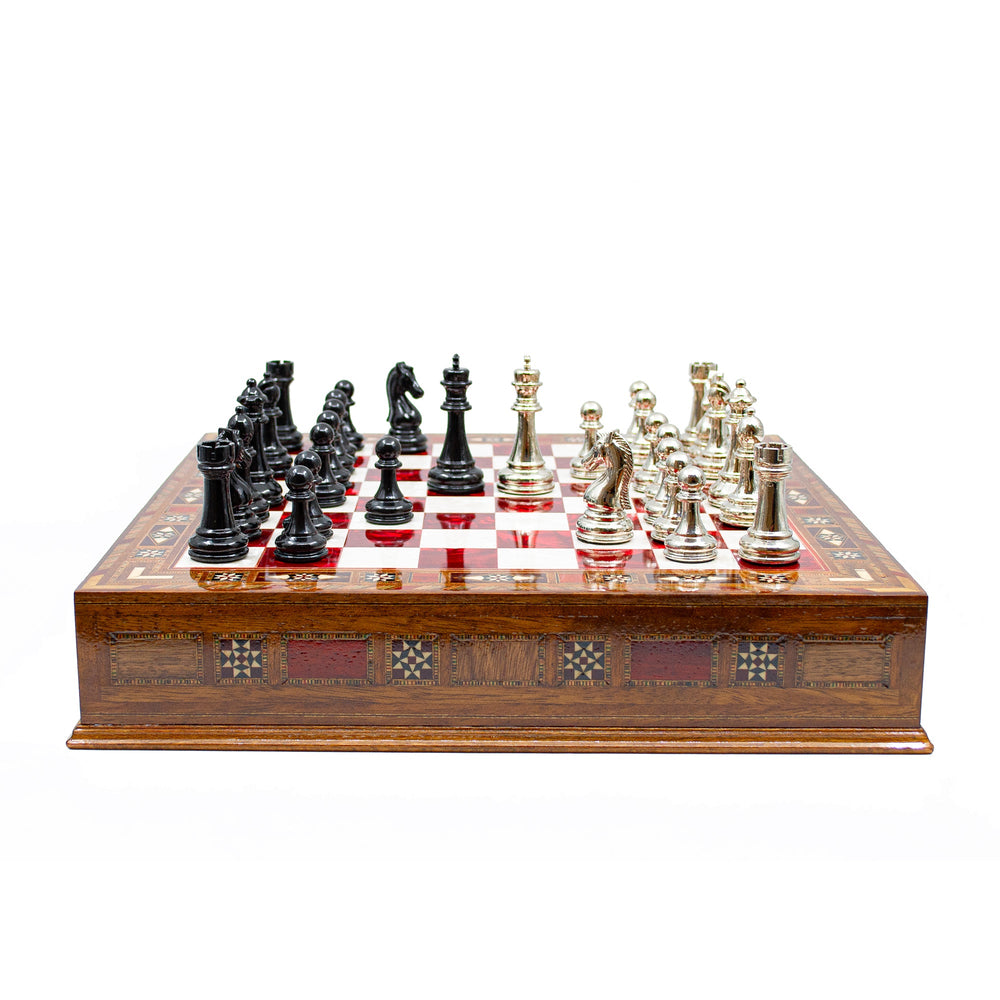
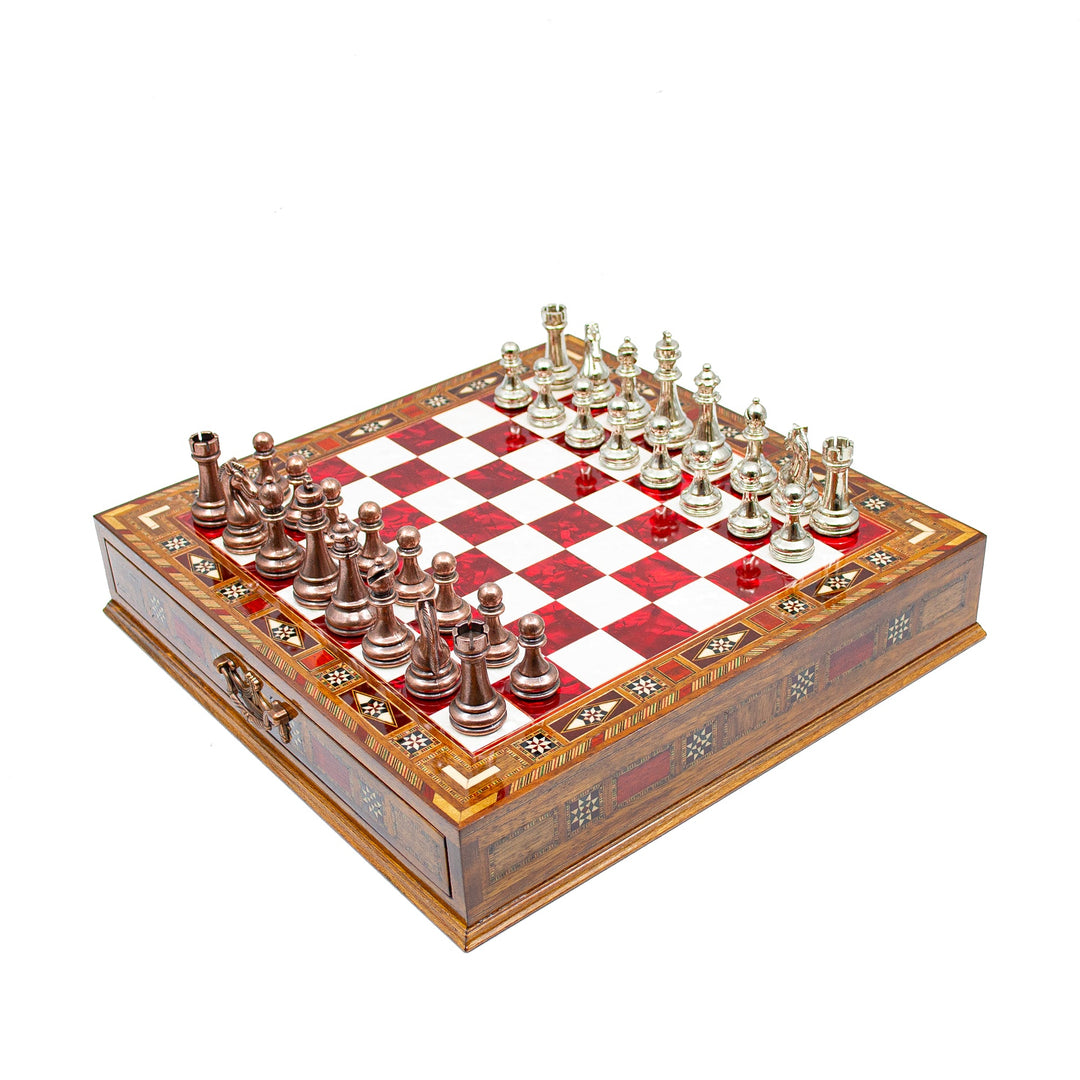
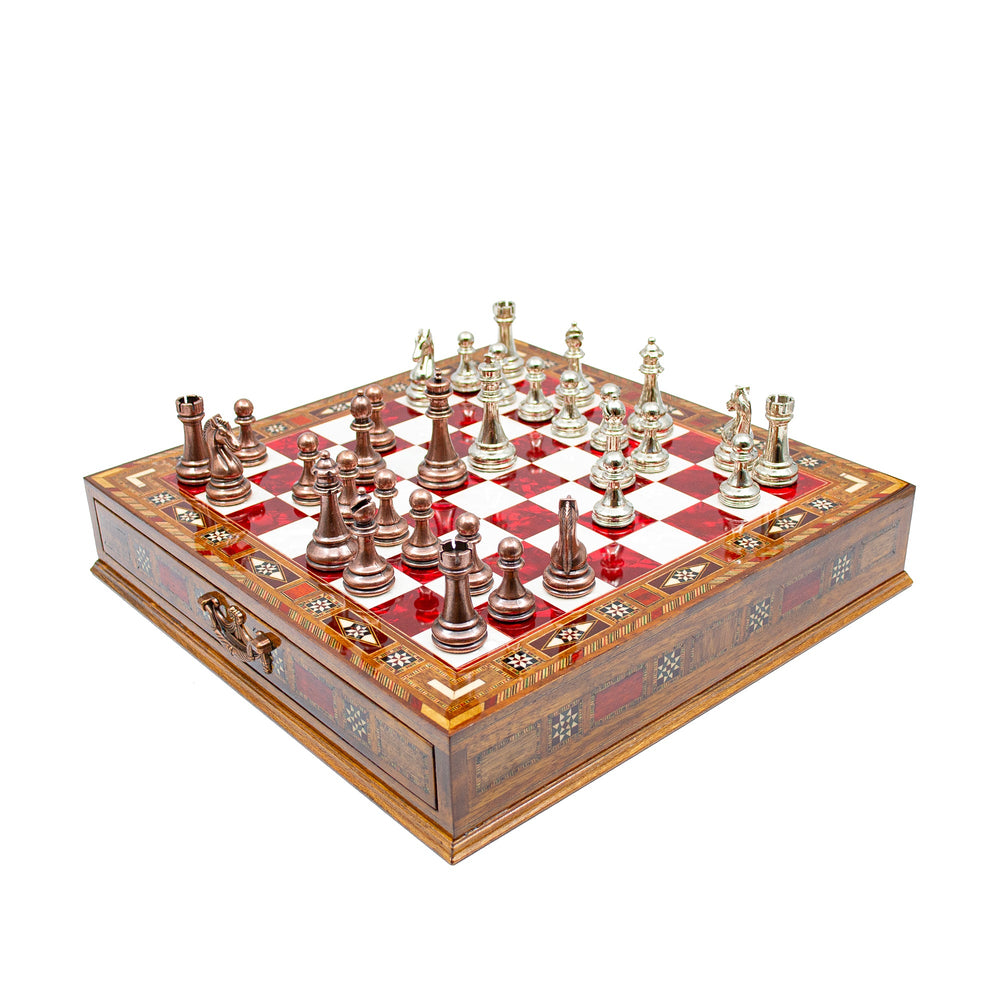
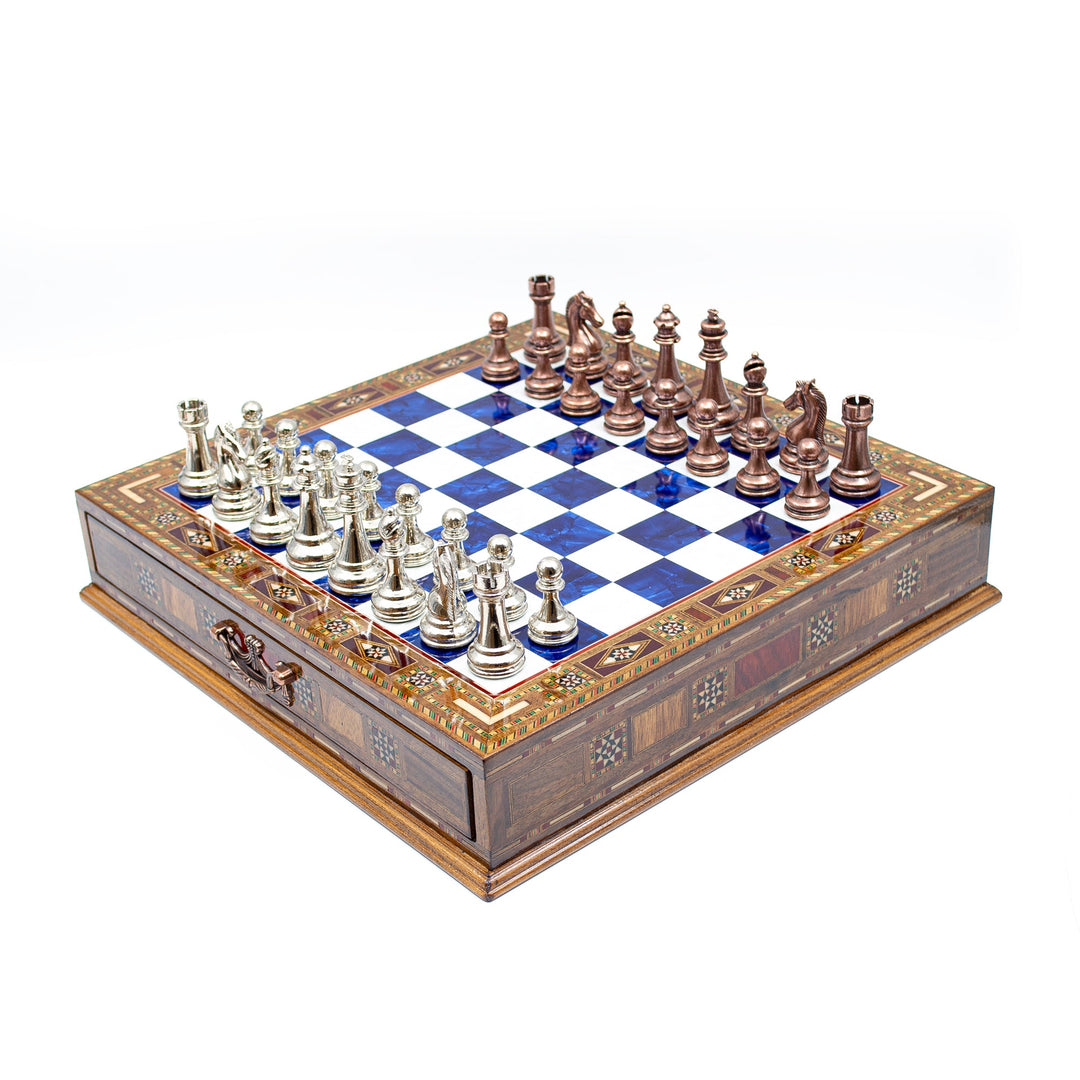
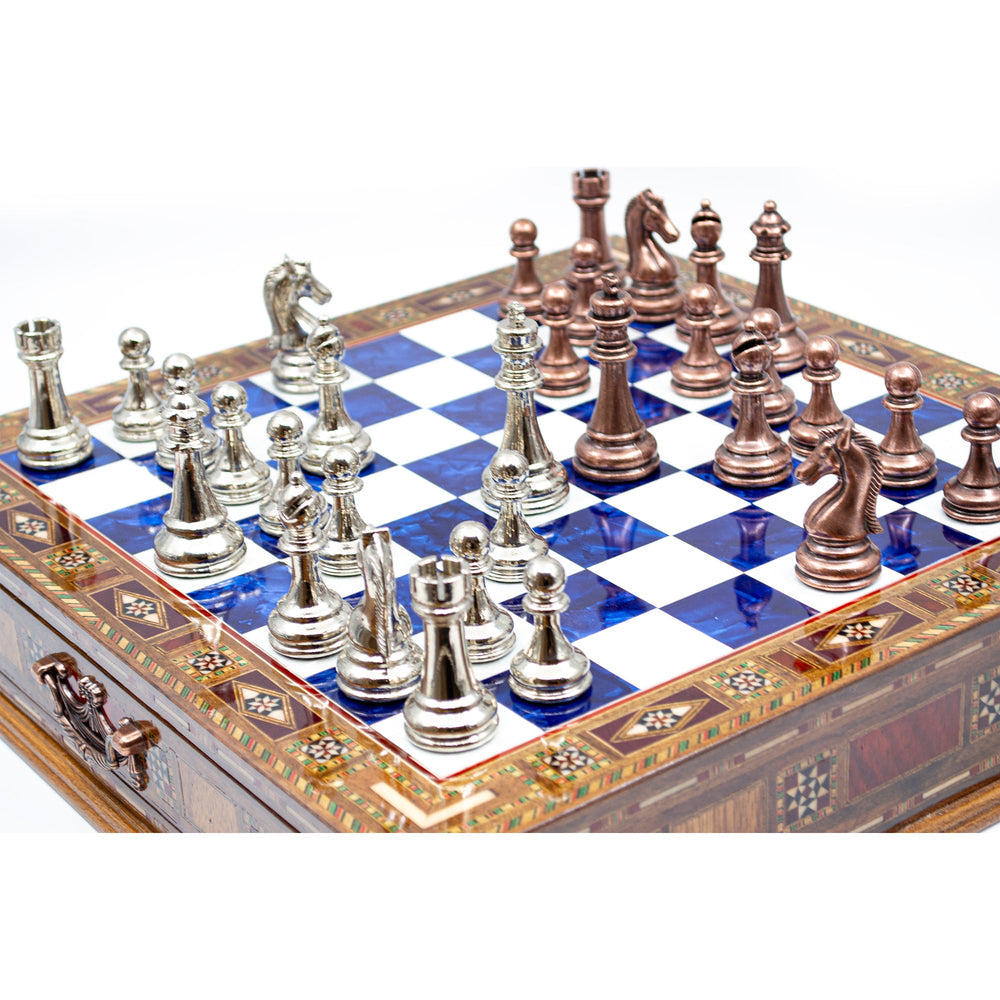
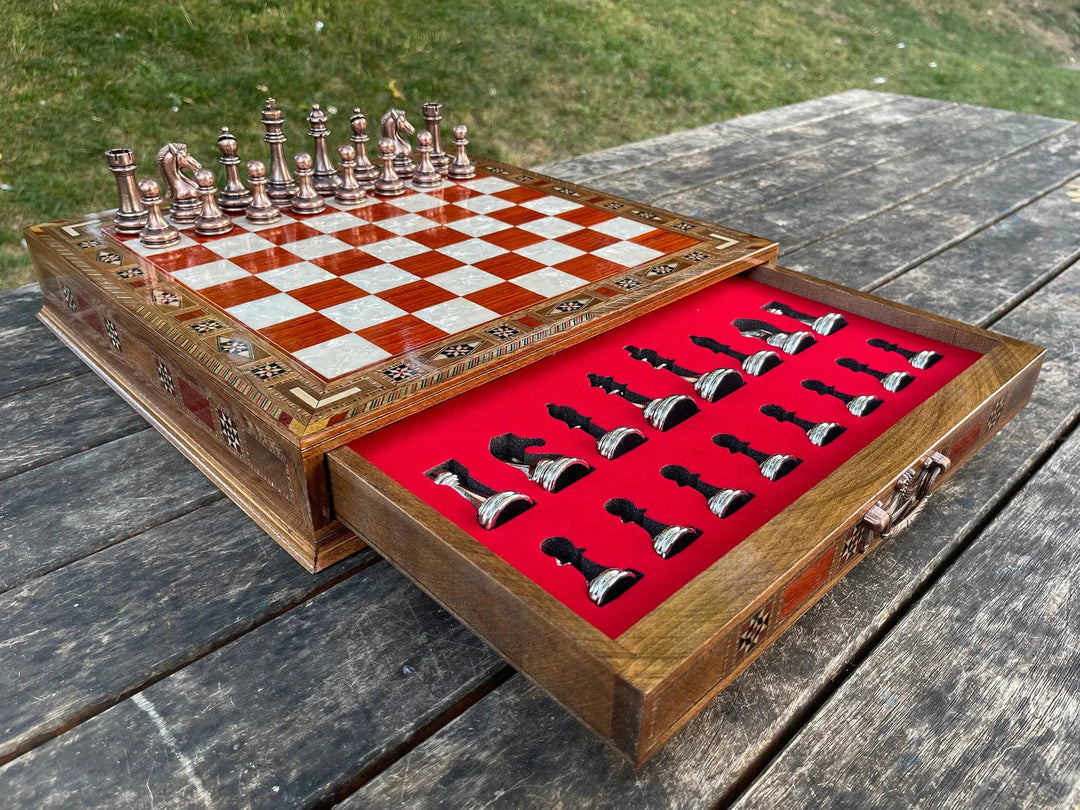
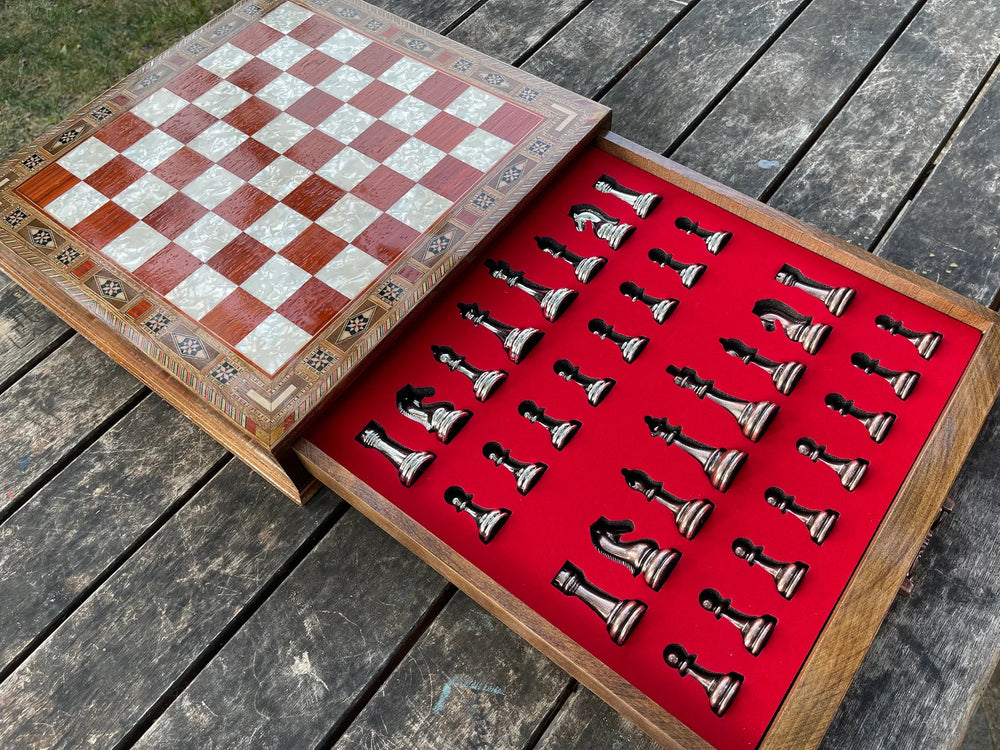
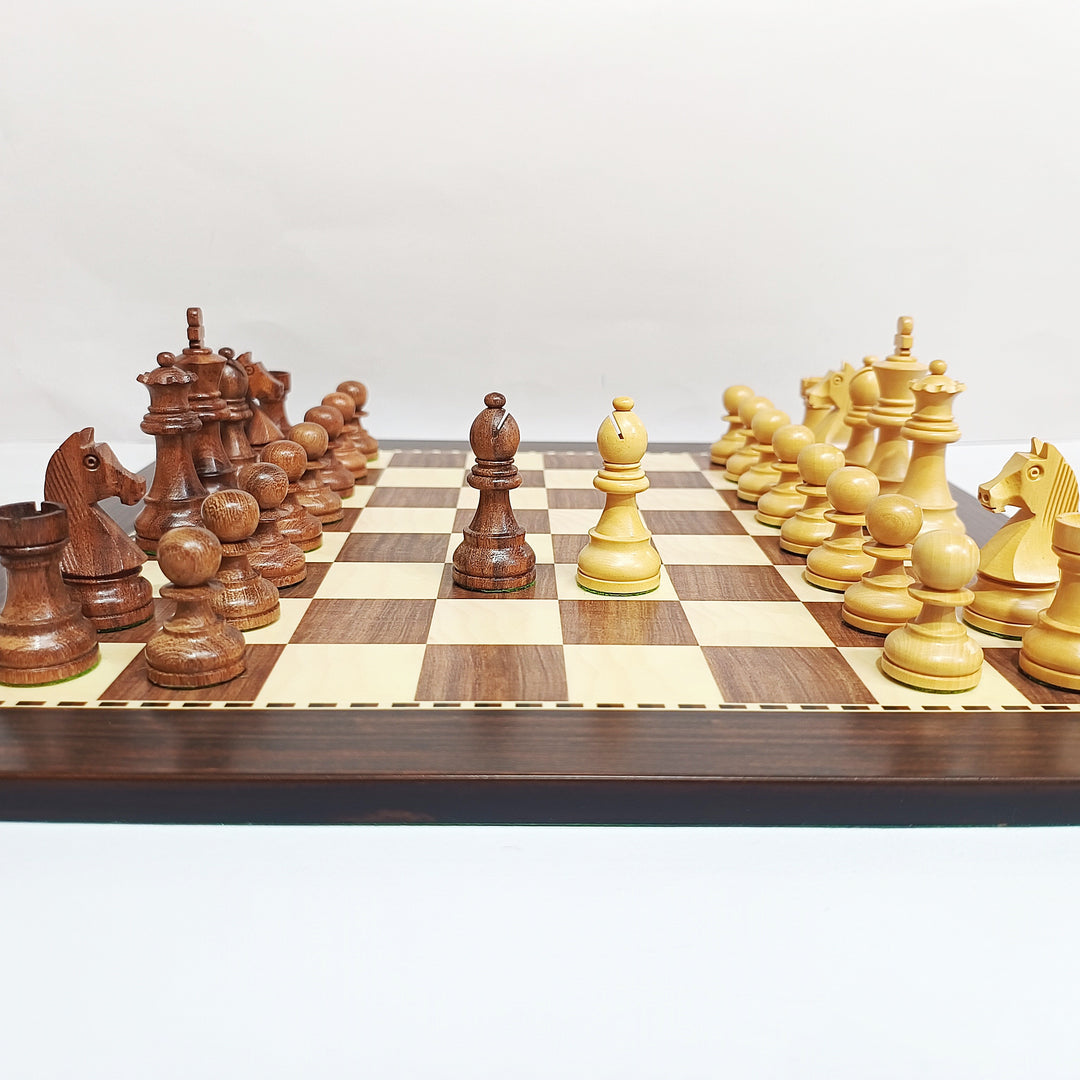
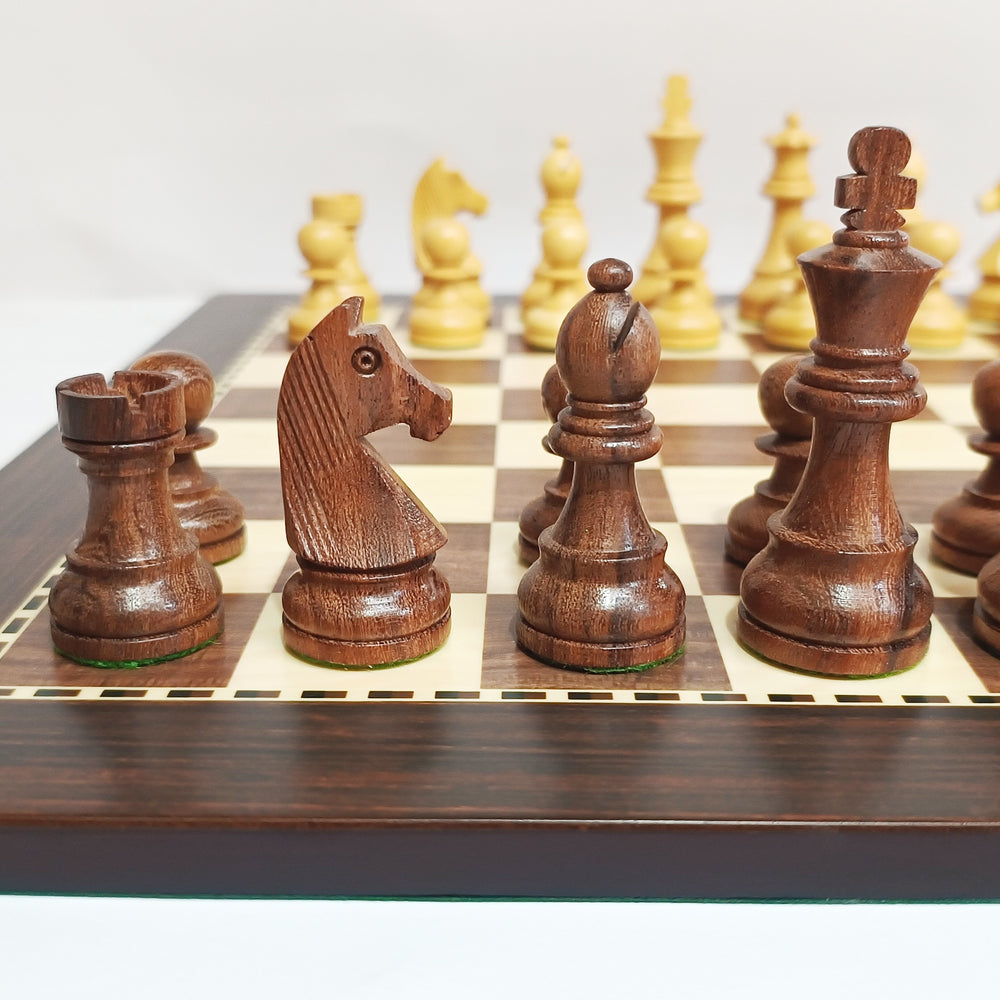
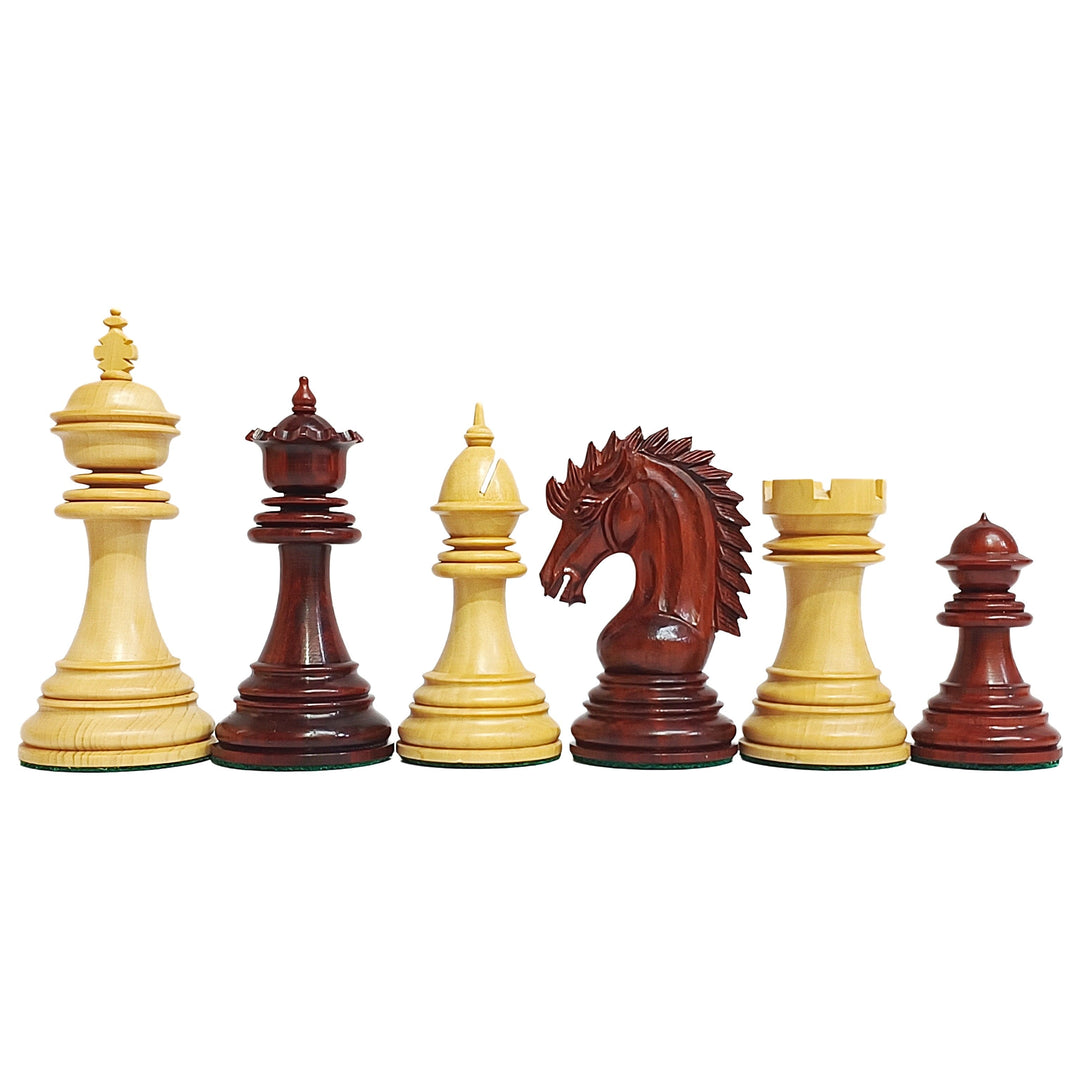
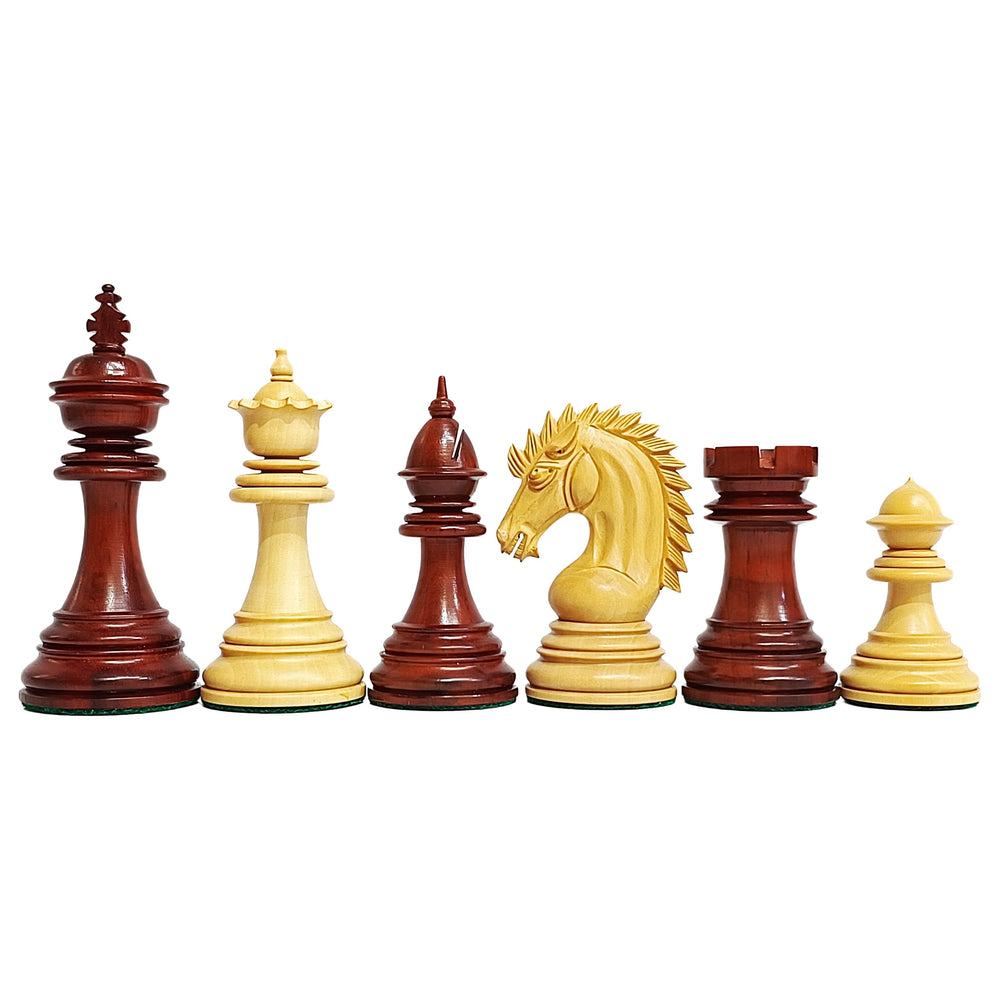


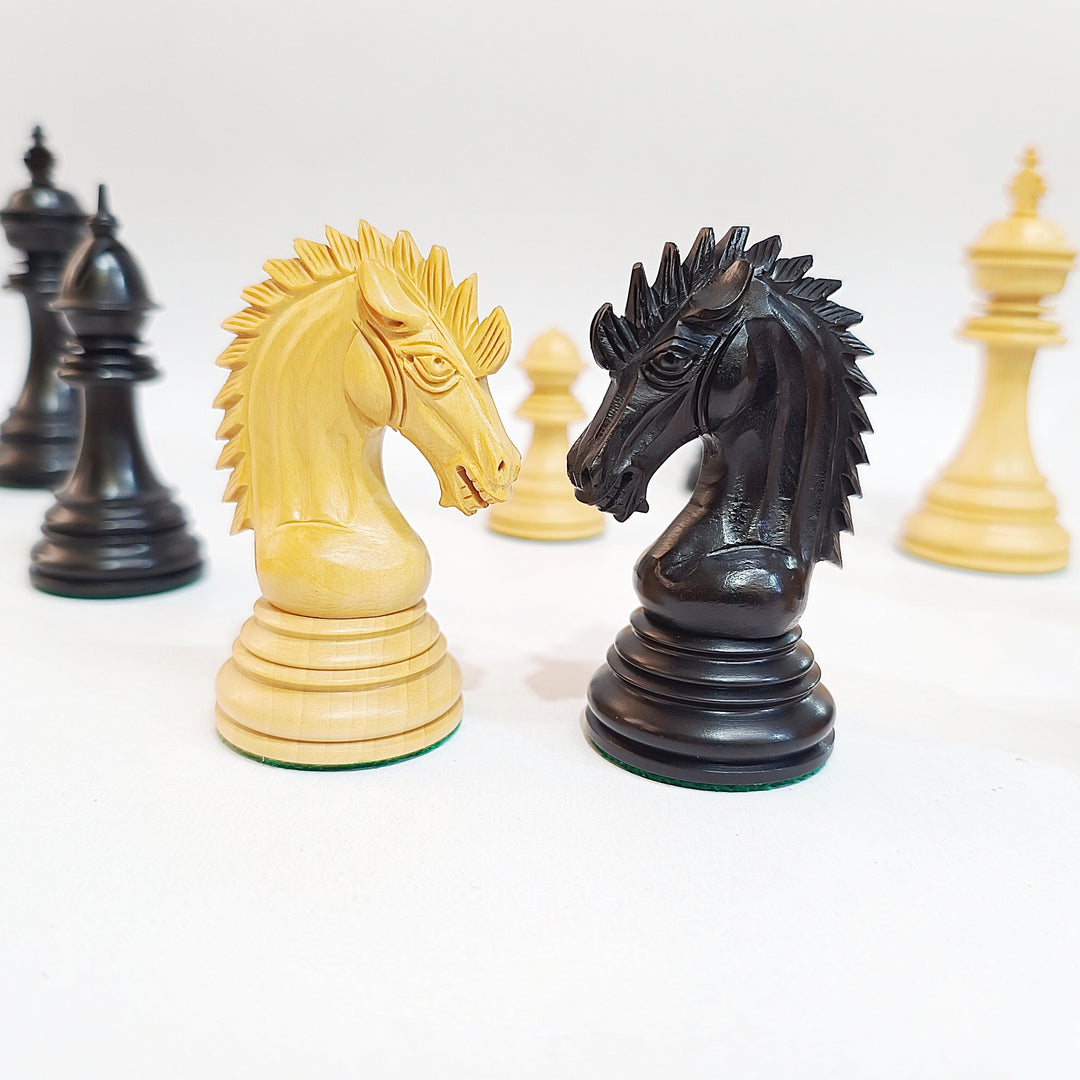
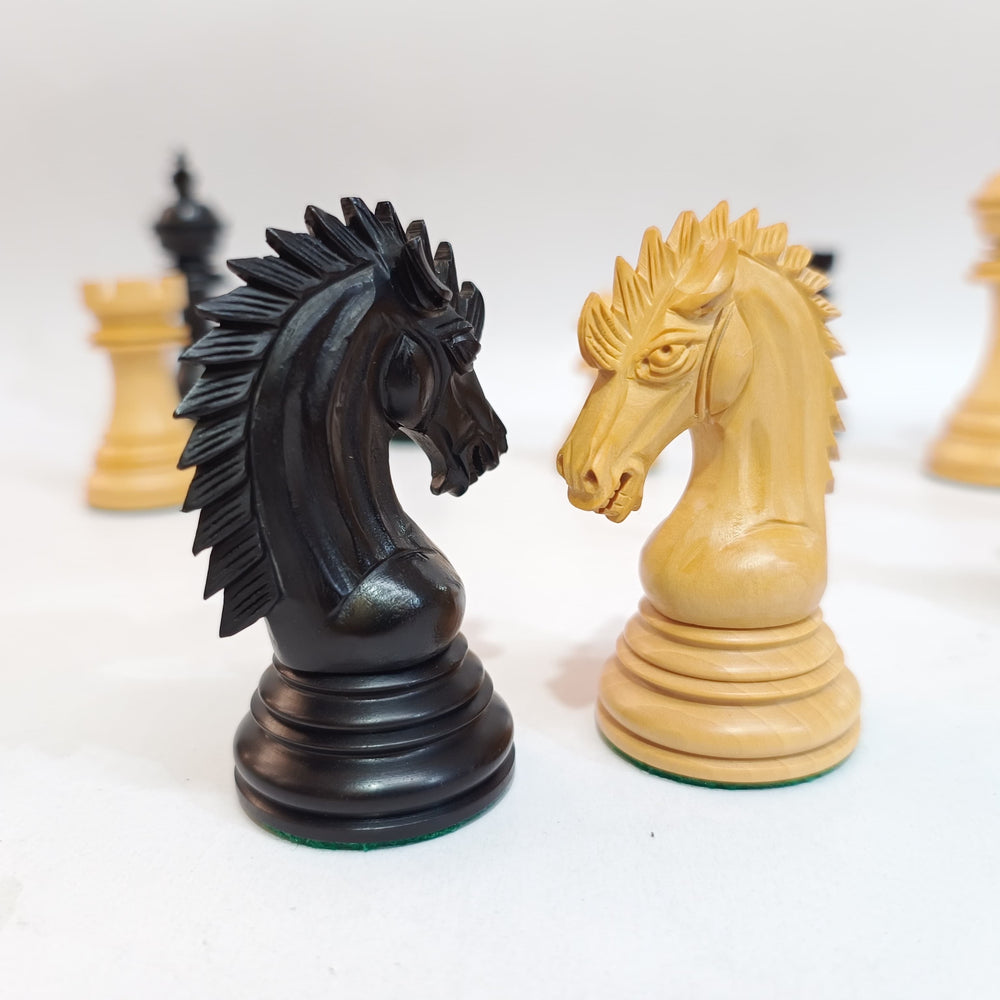
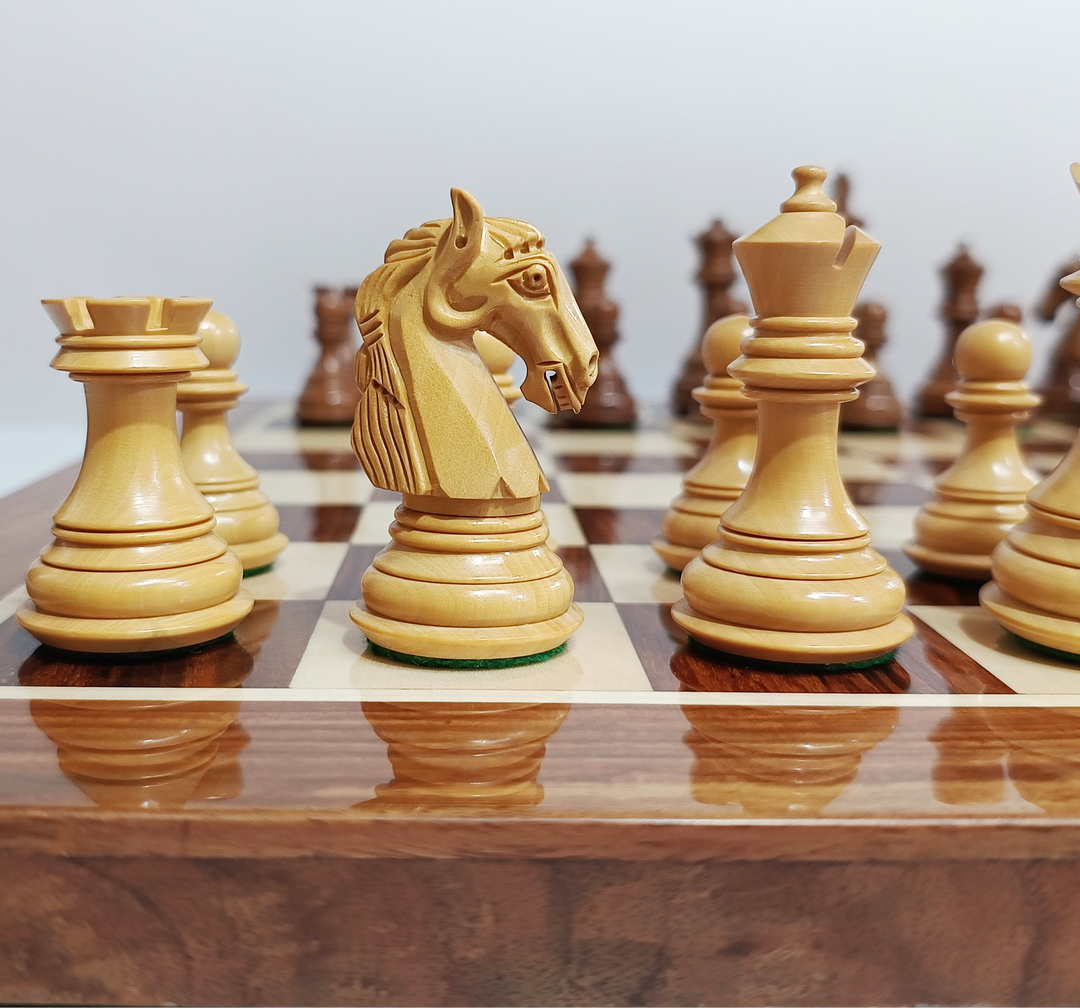
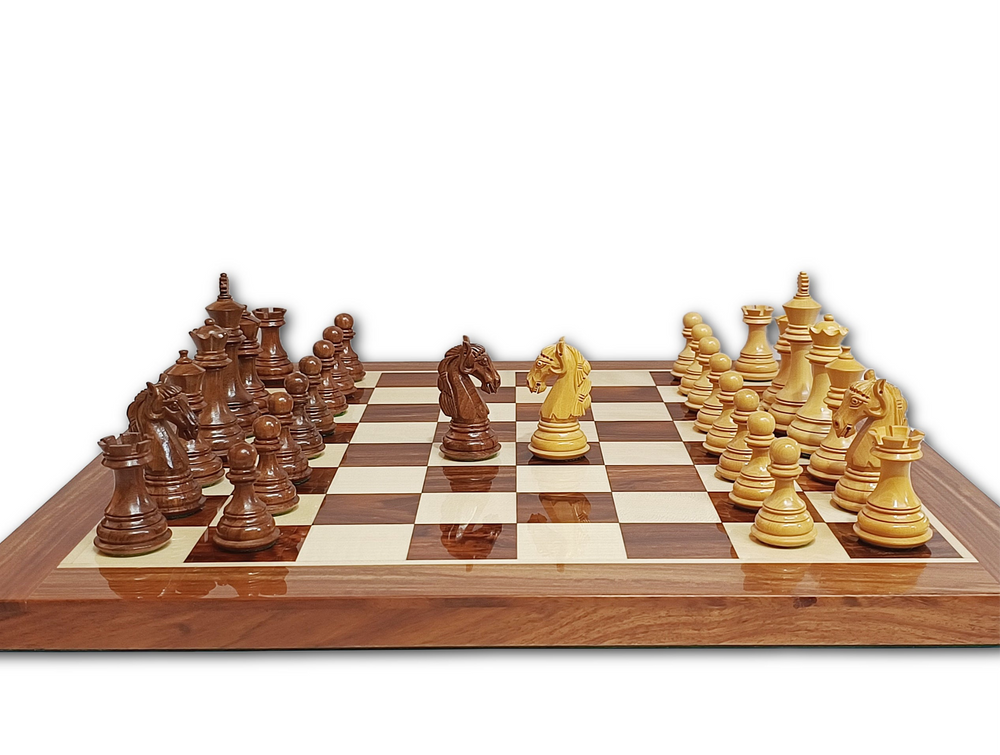
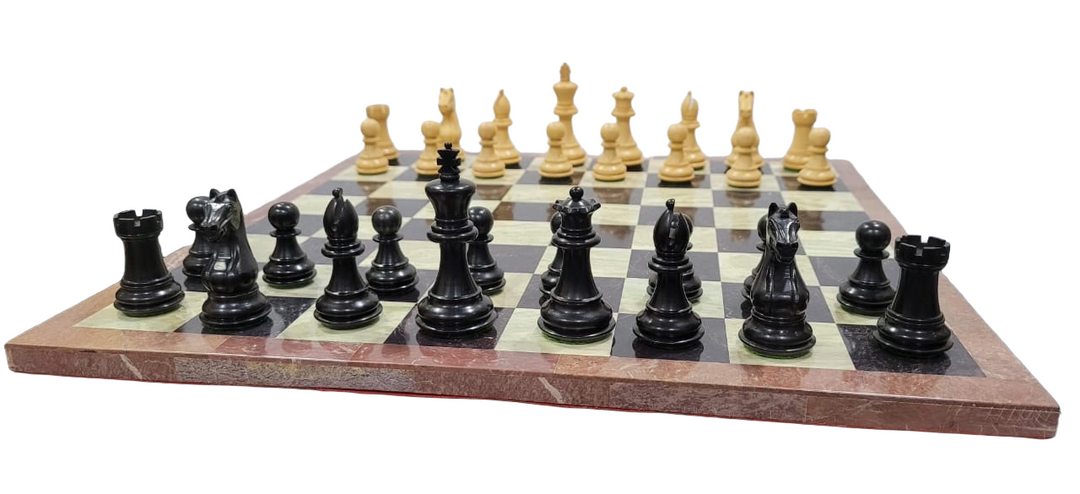
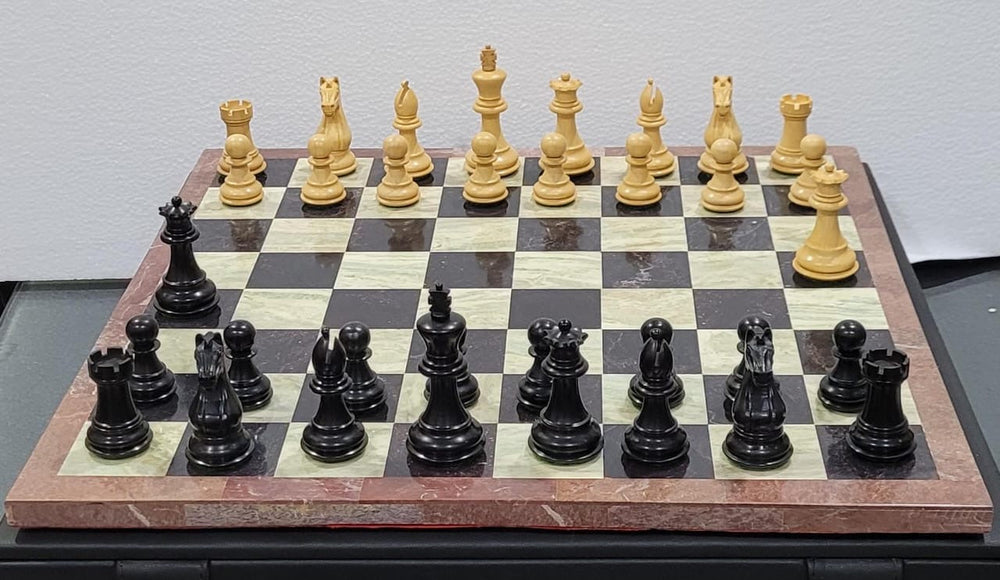
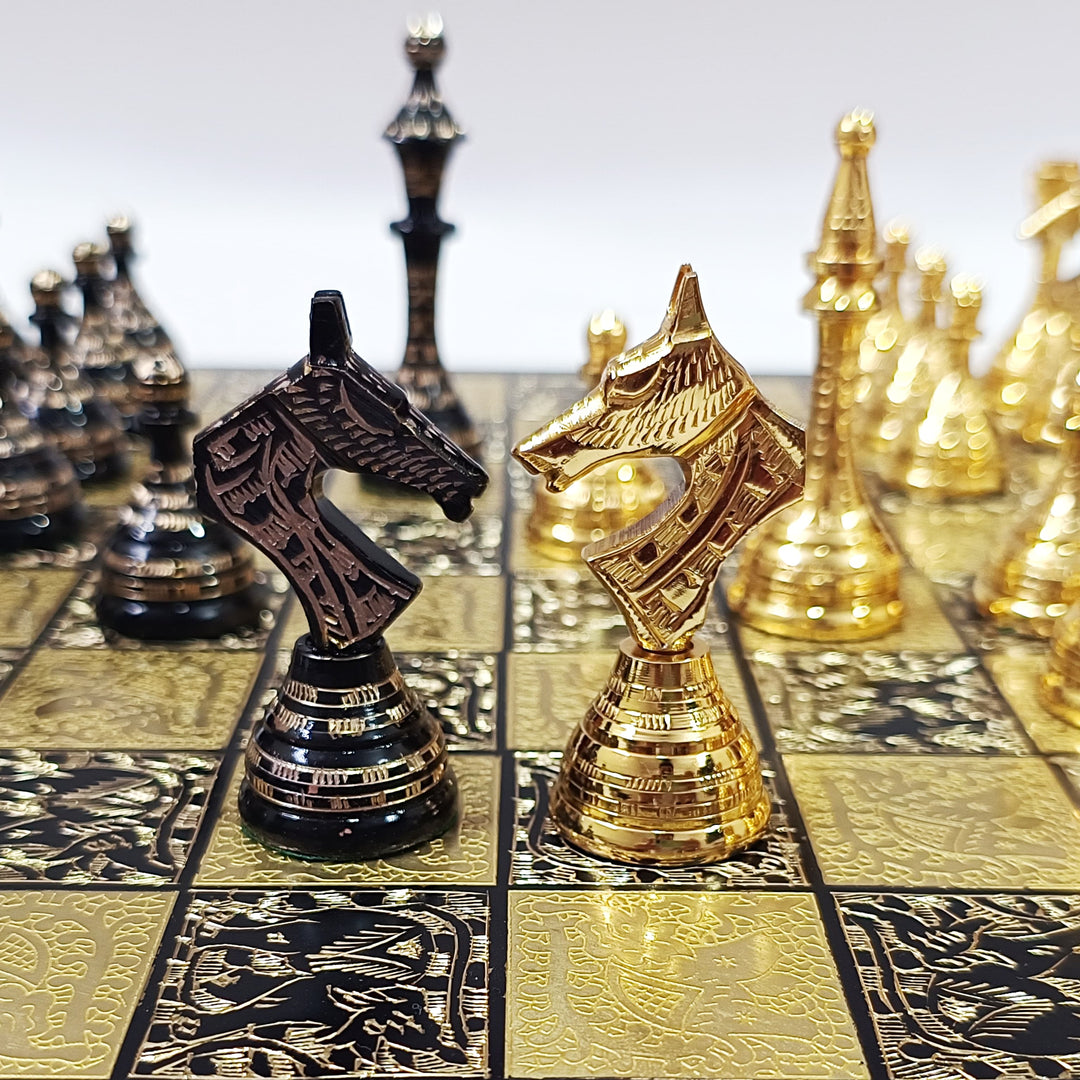
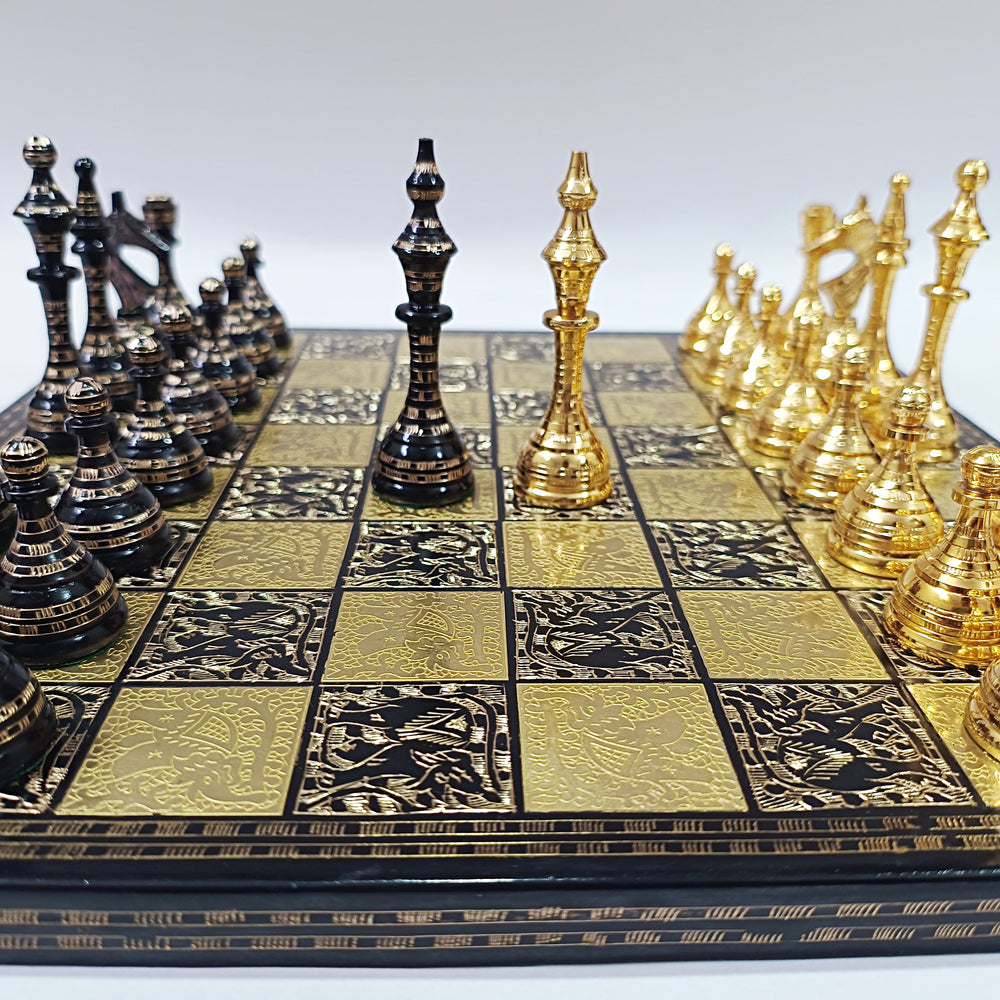


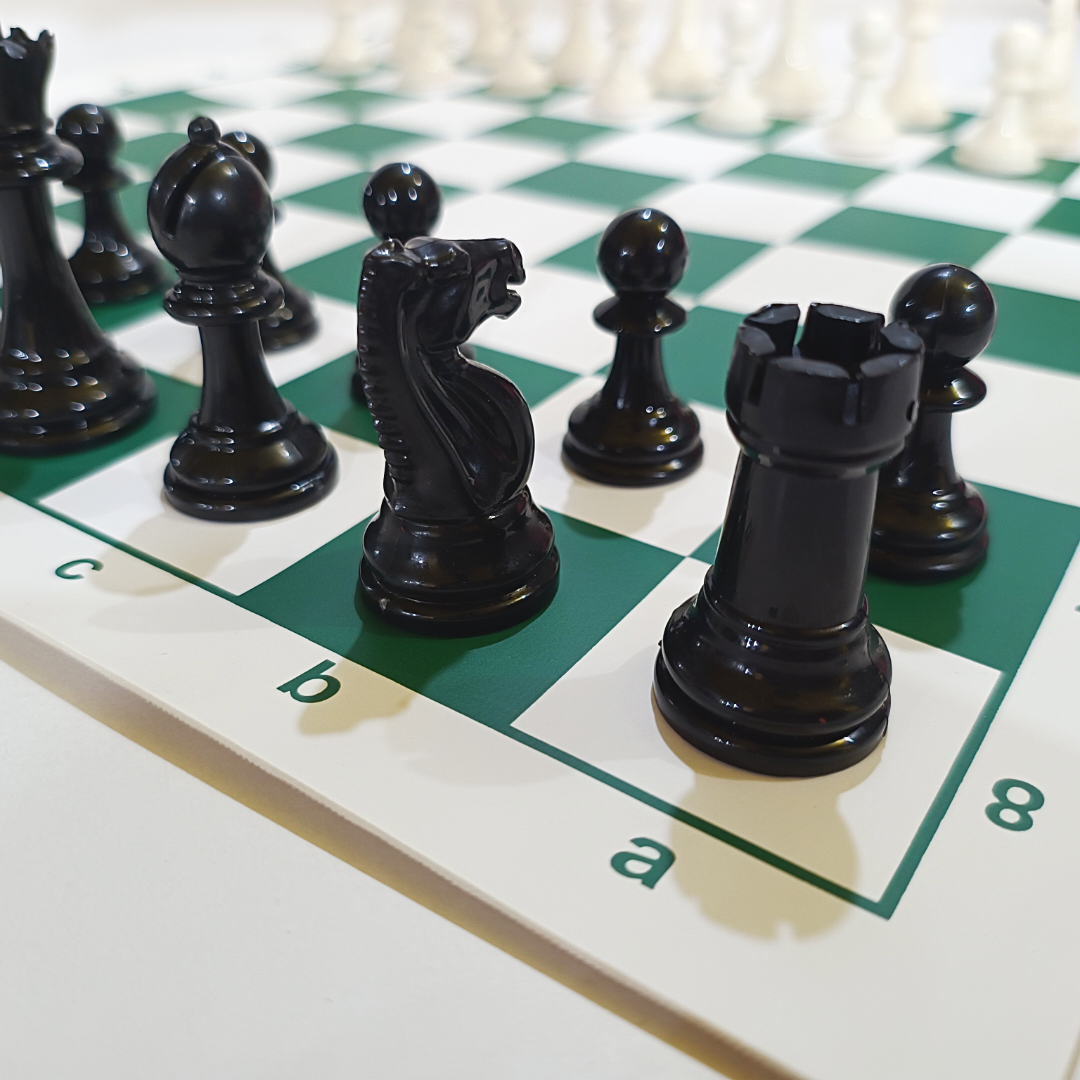
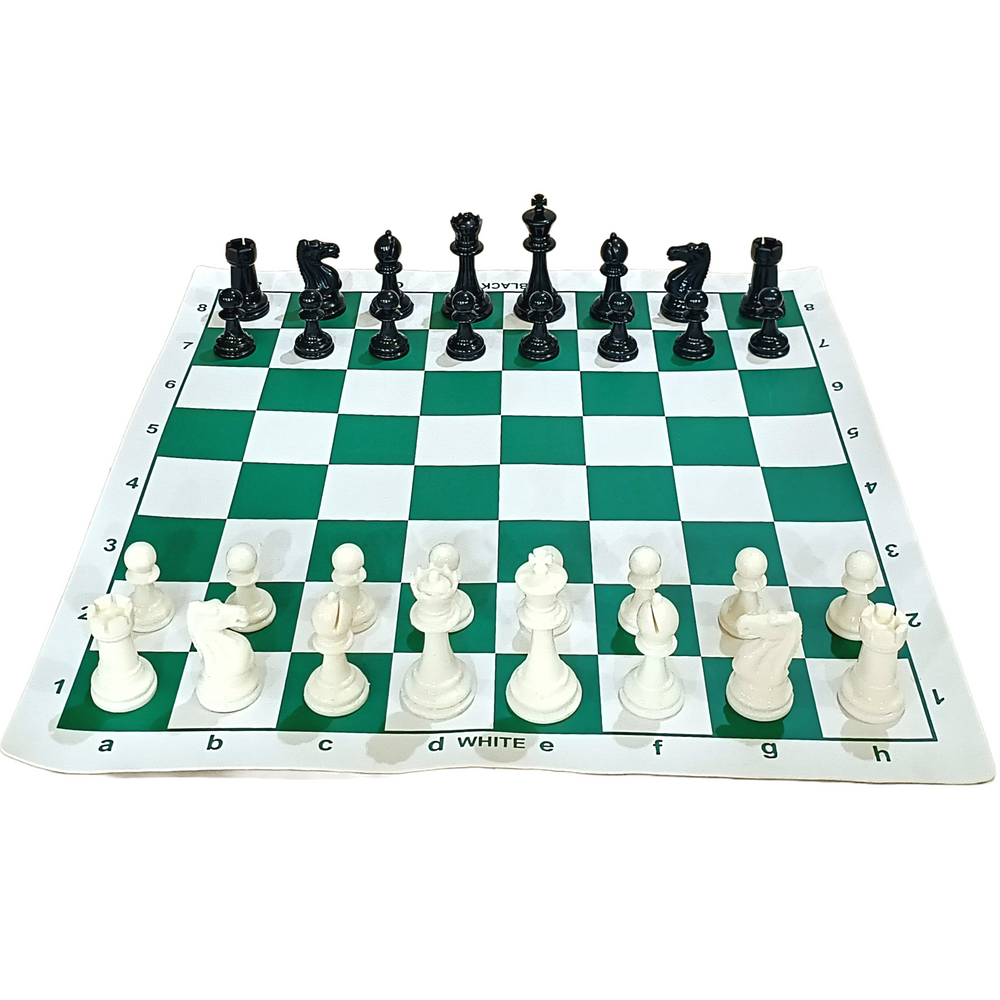




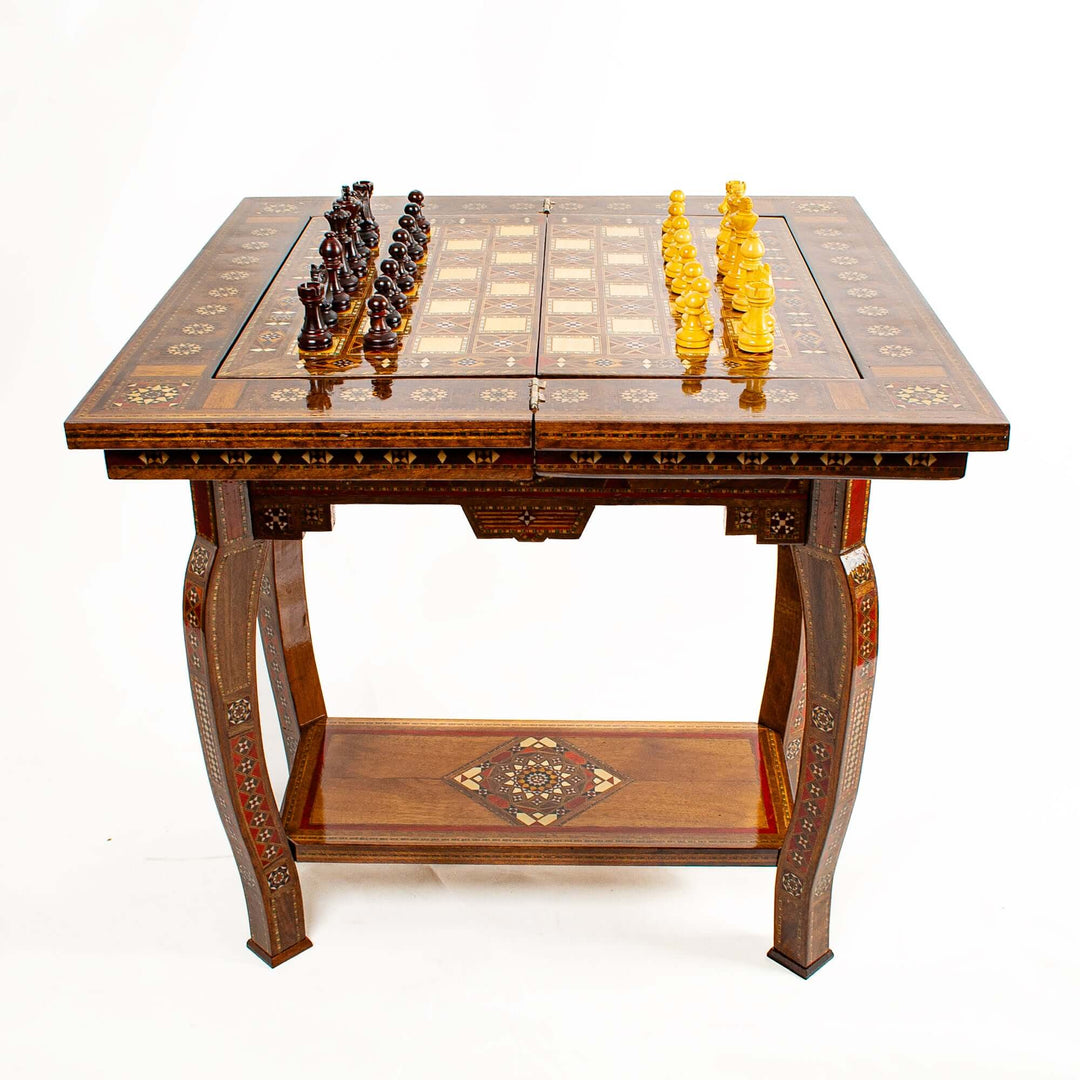

Leave a comment